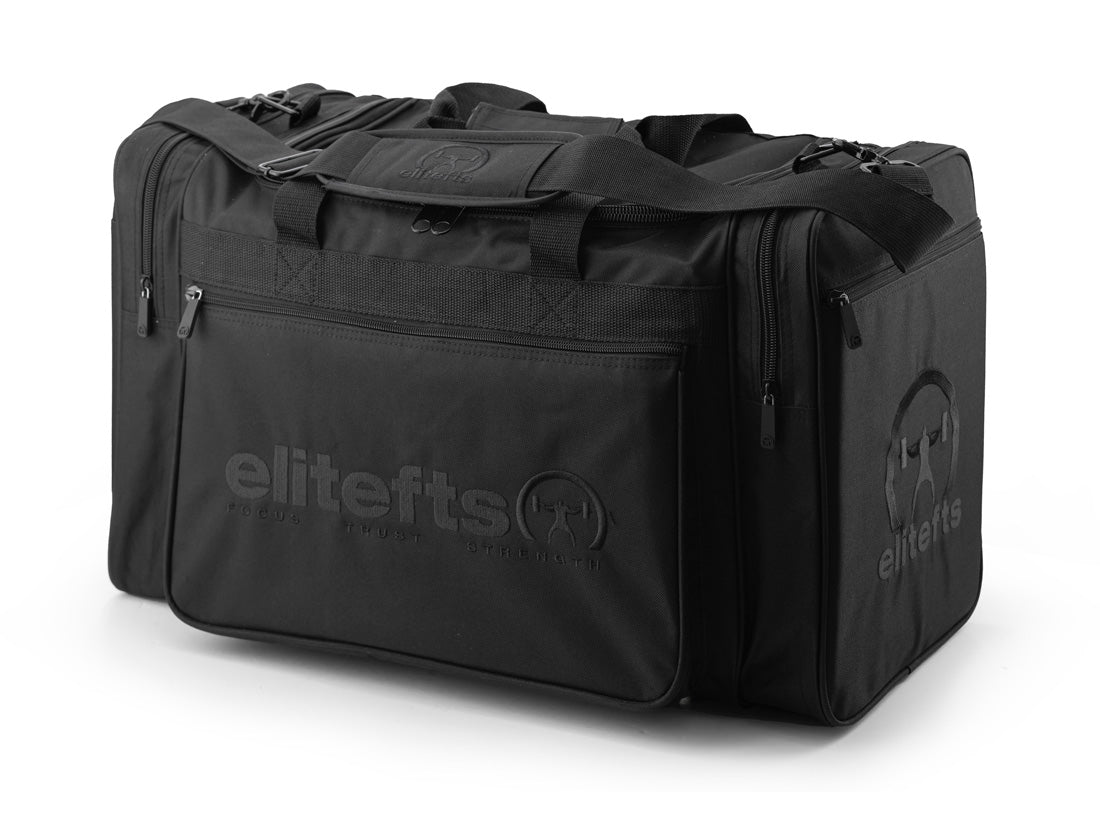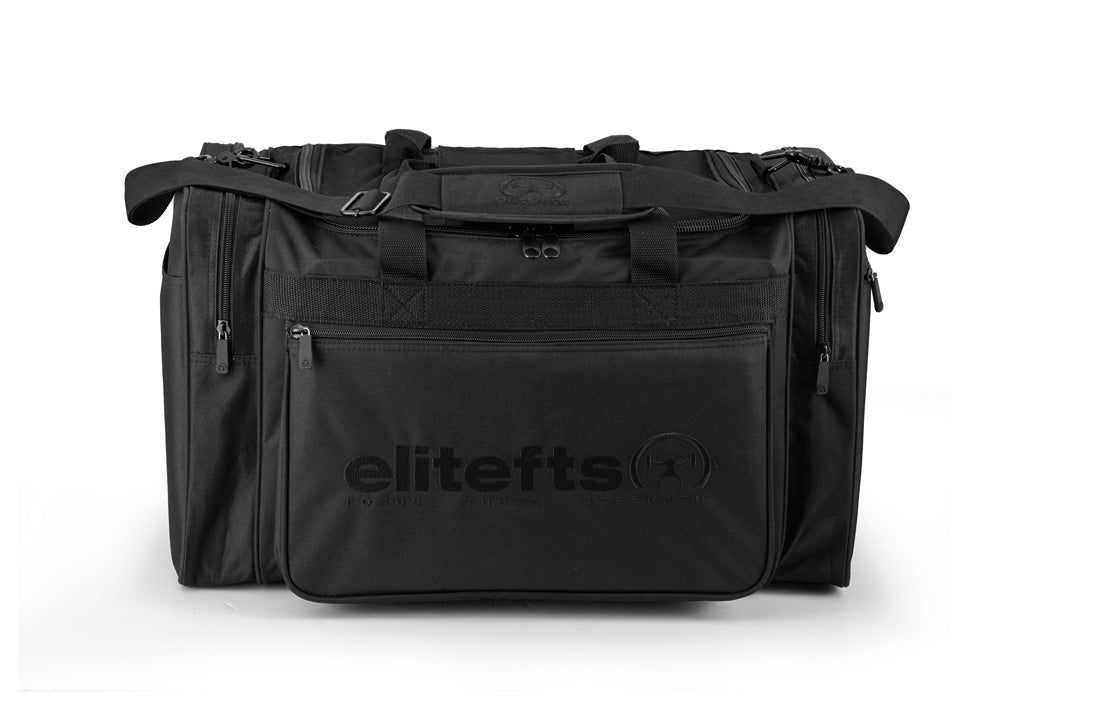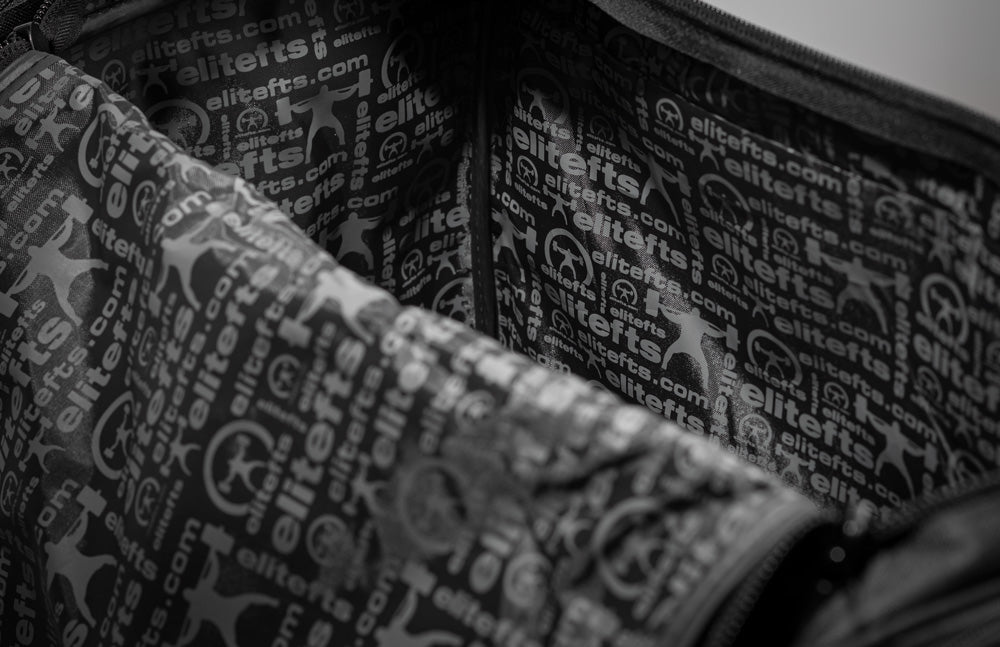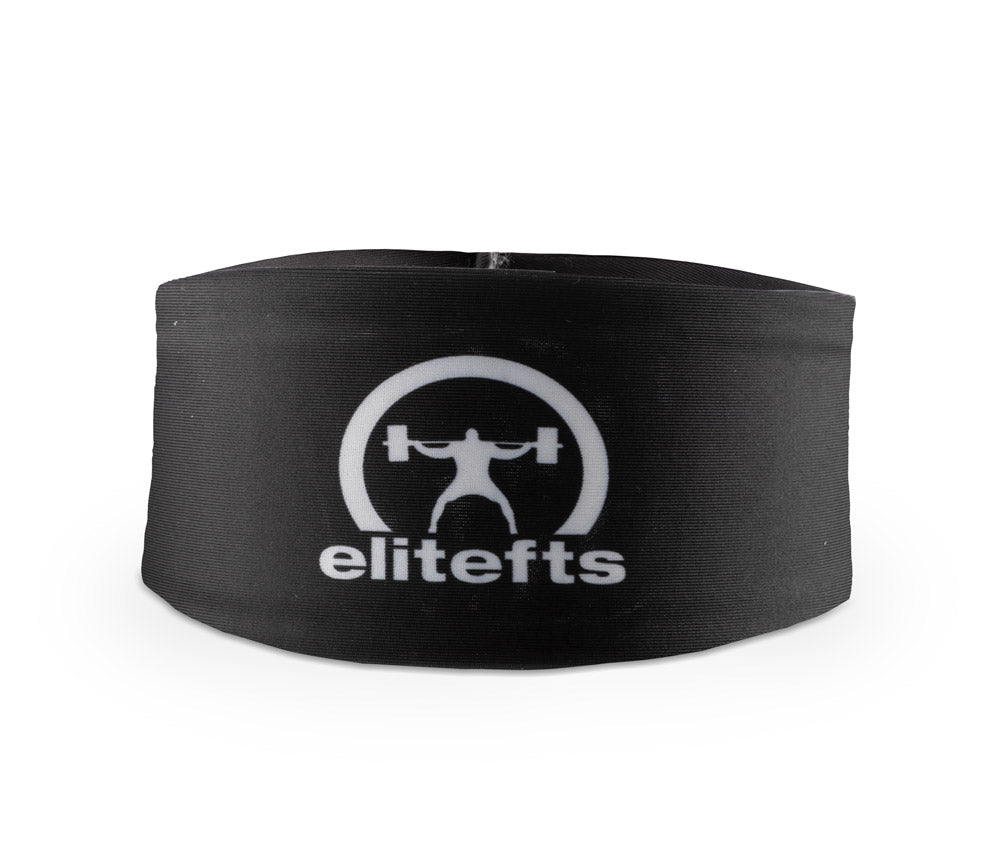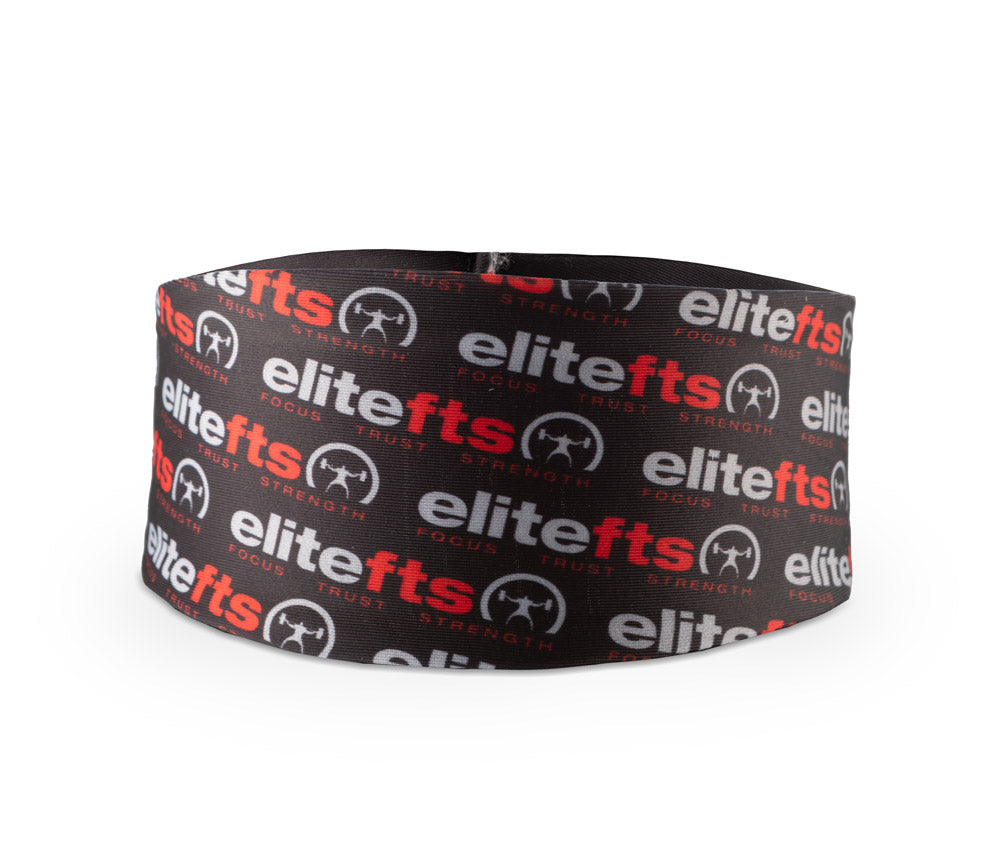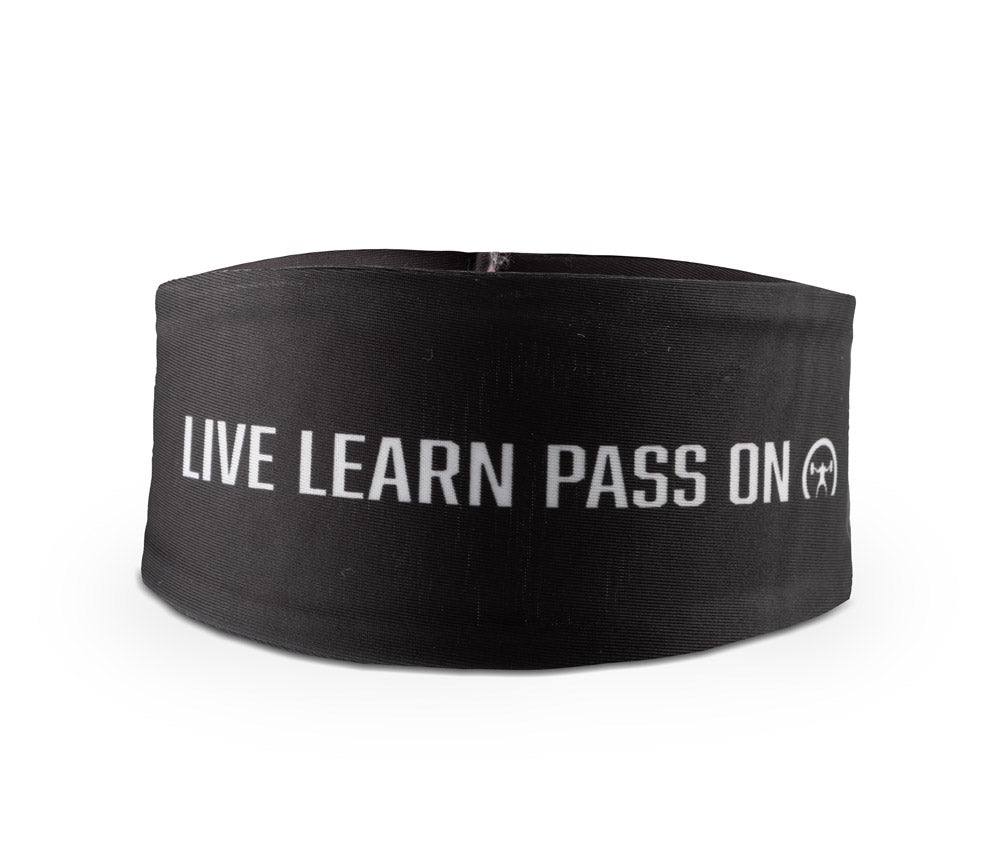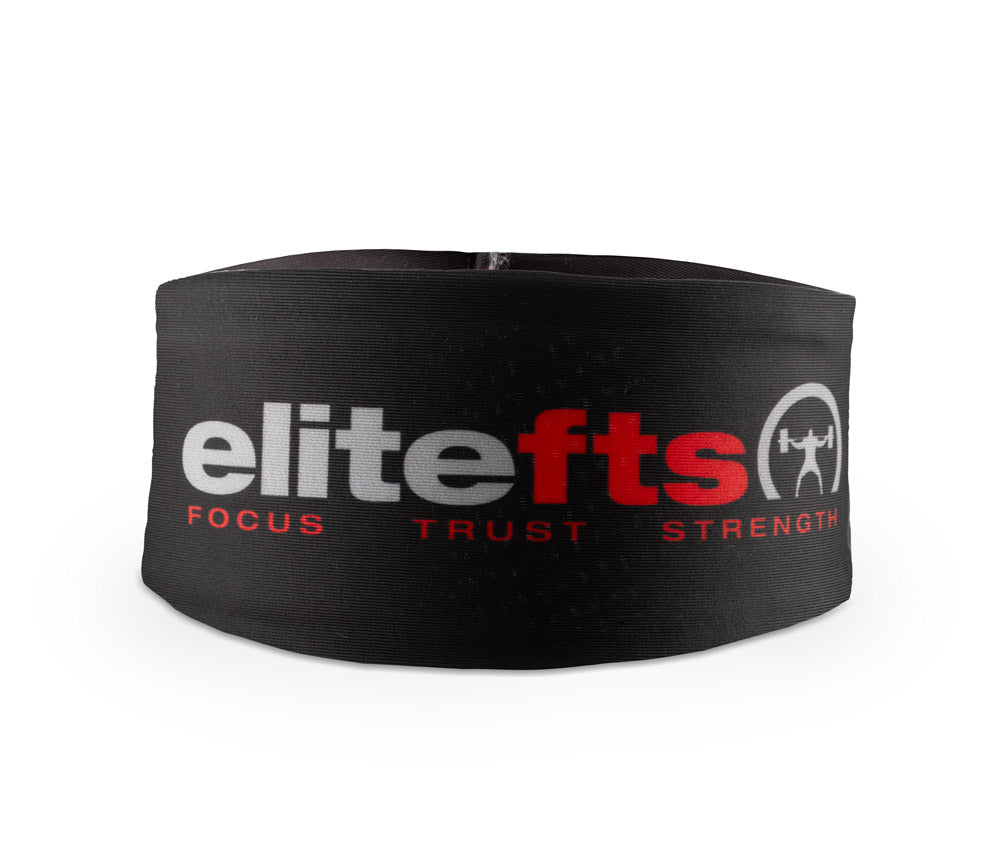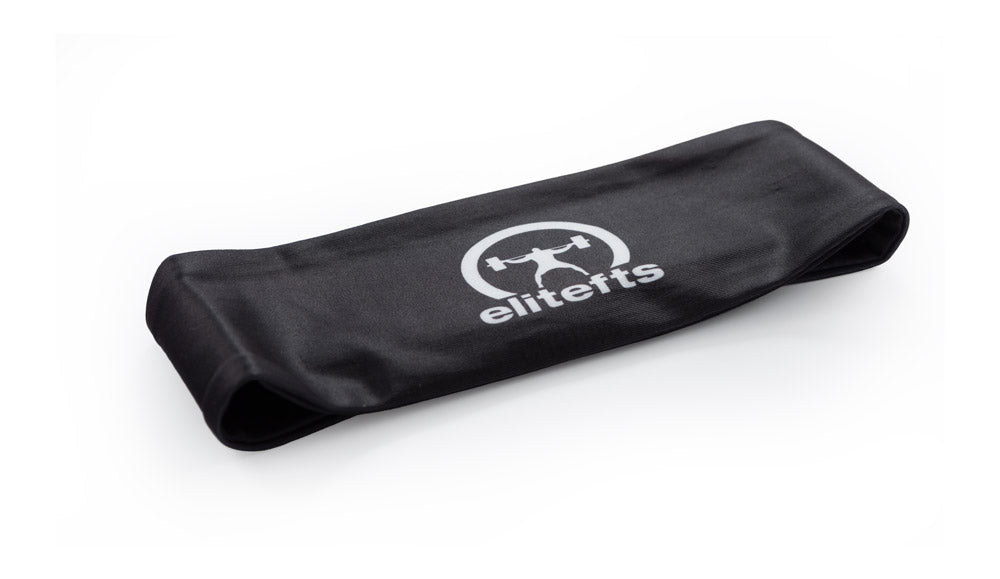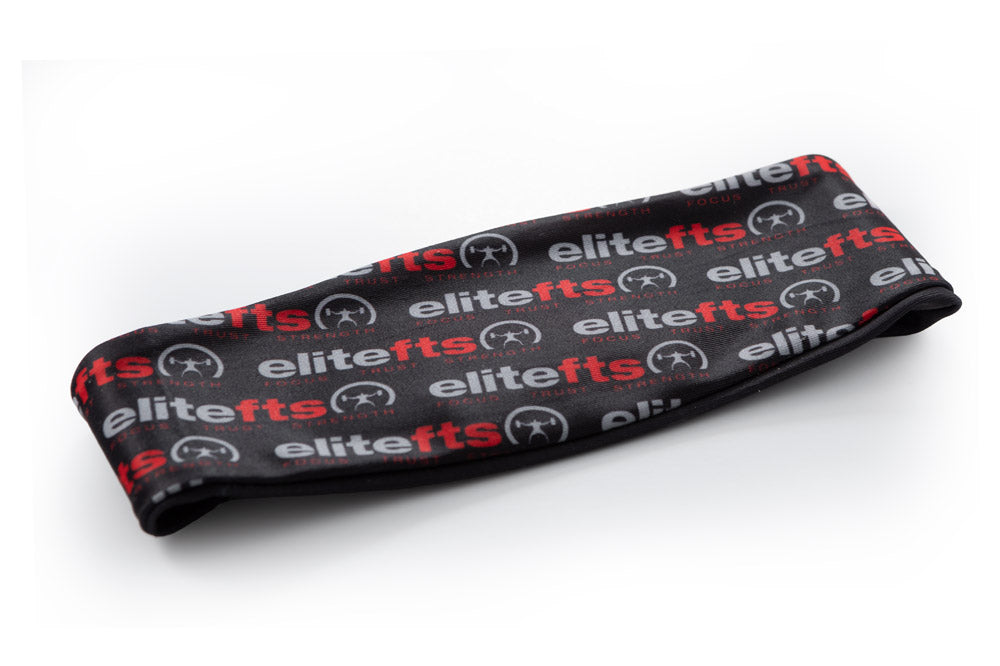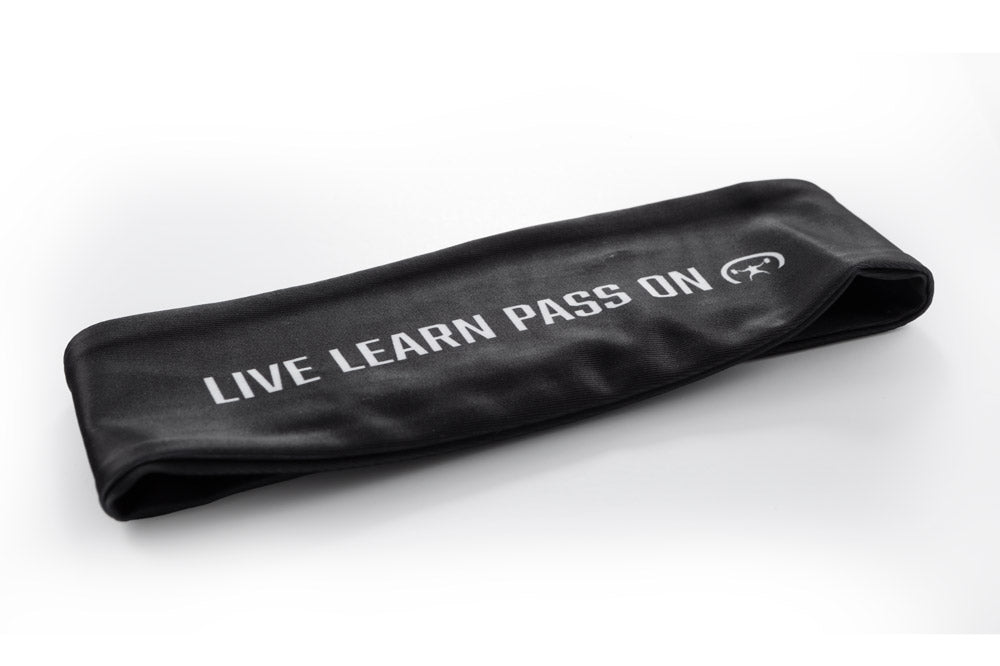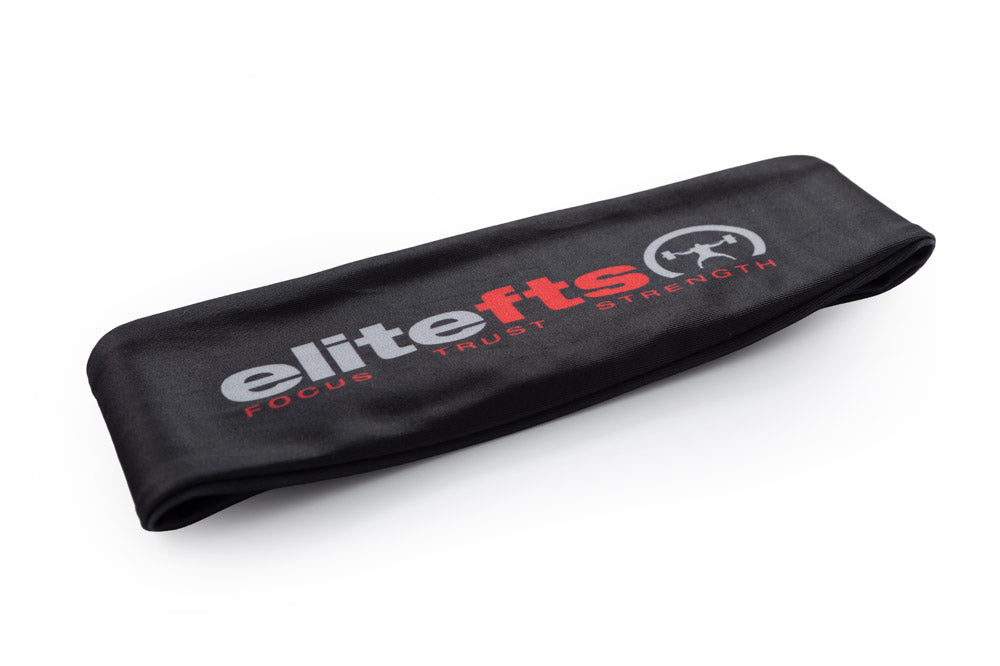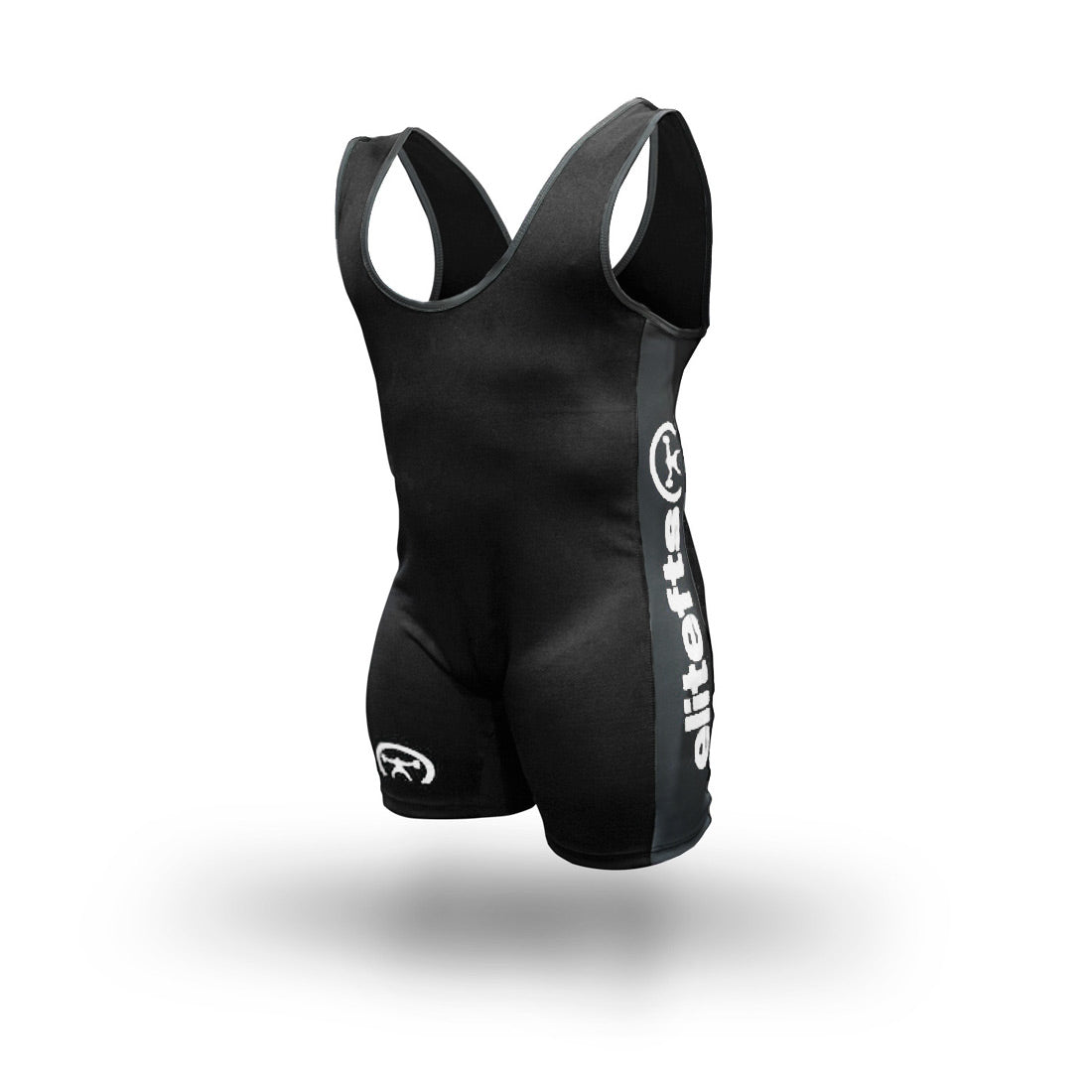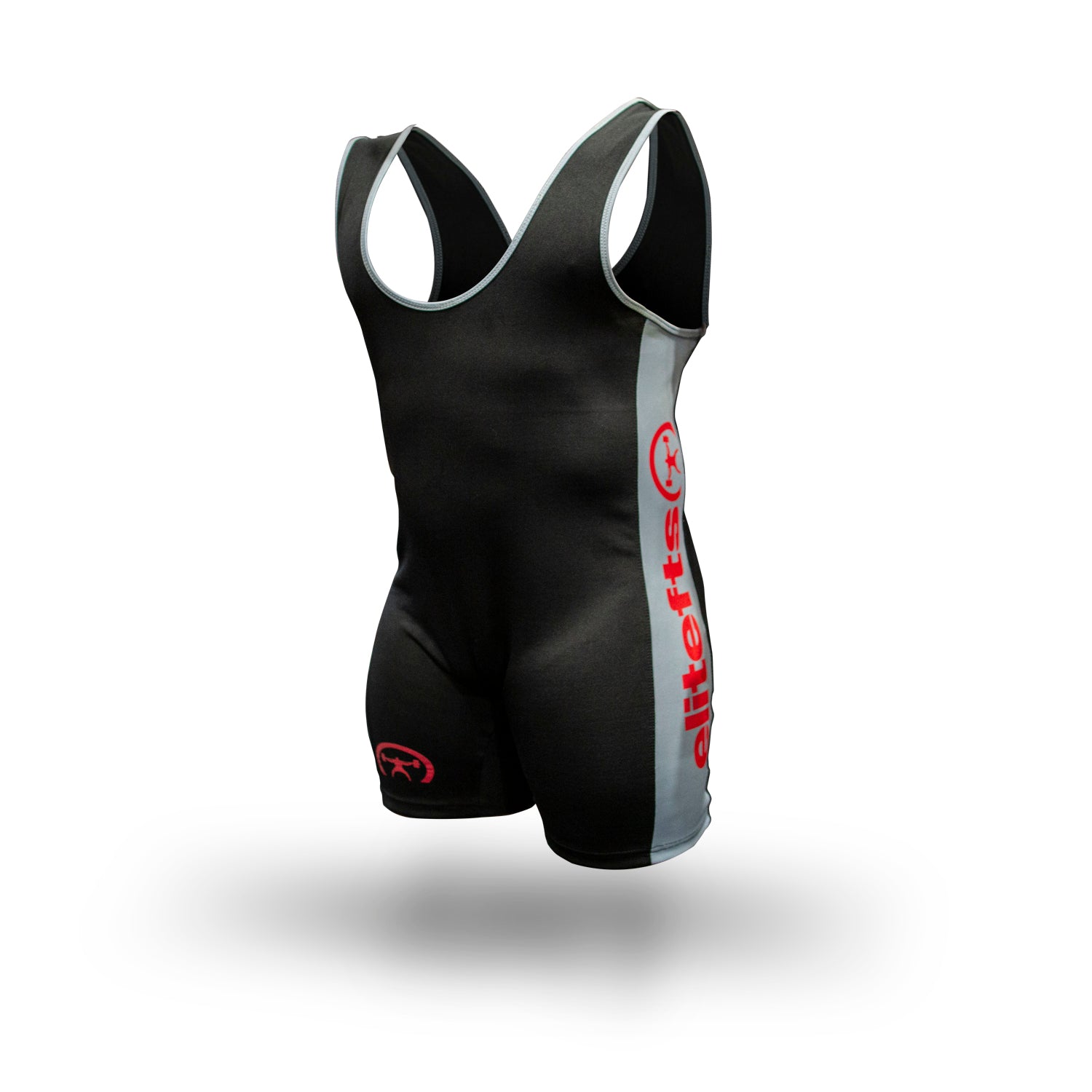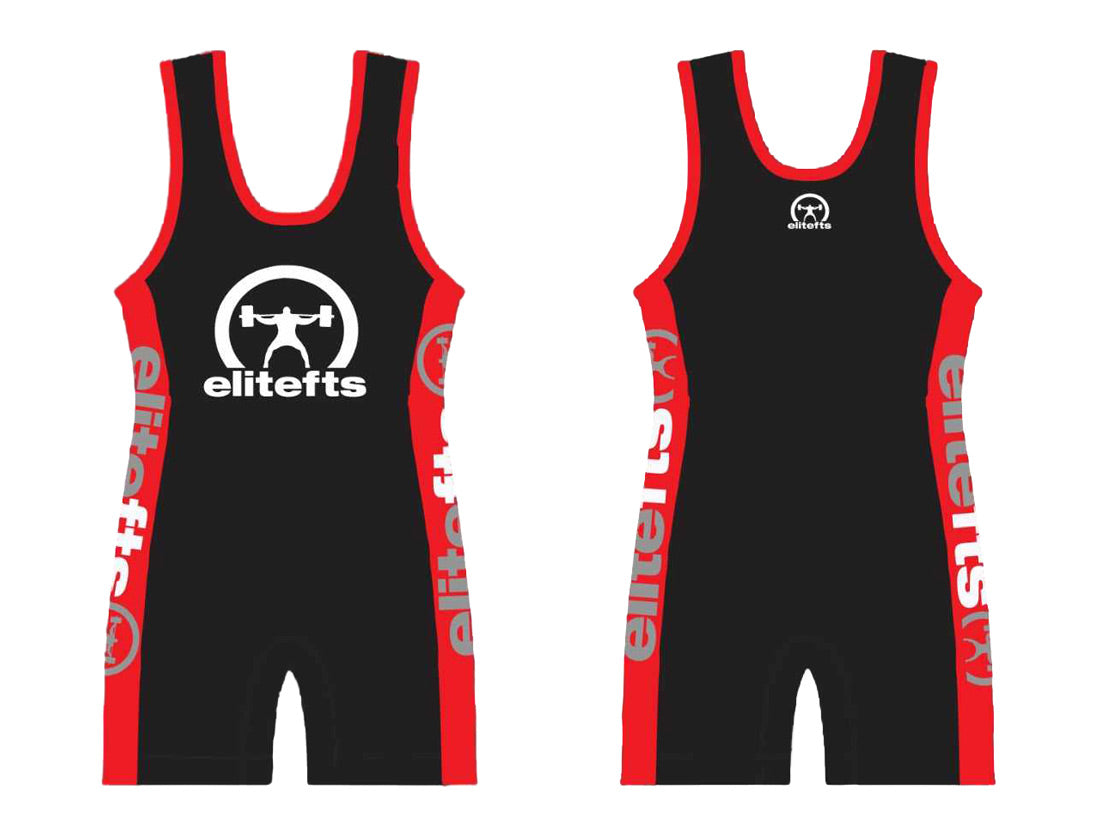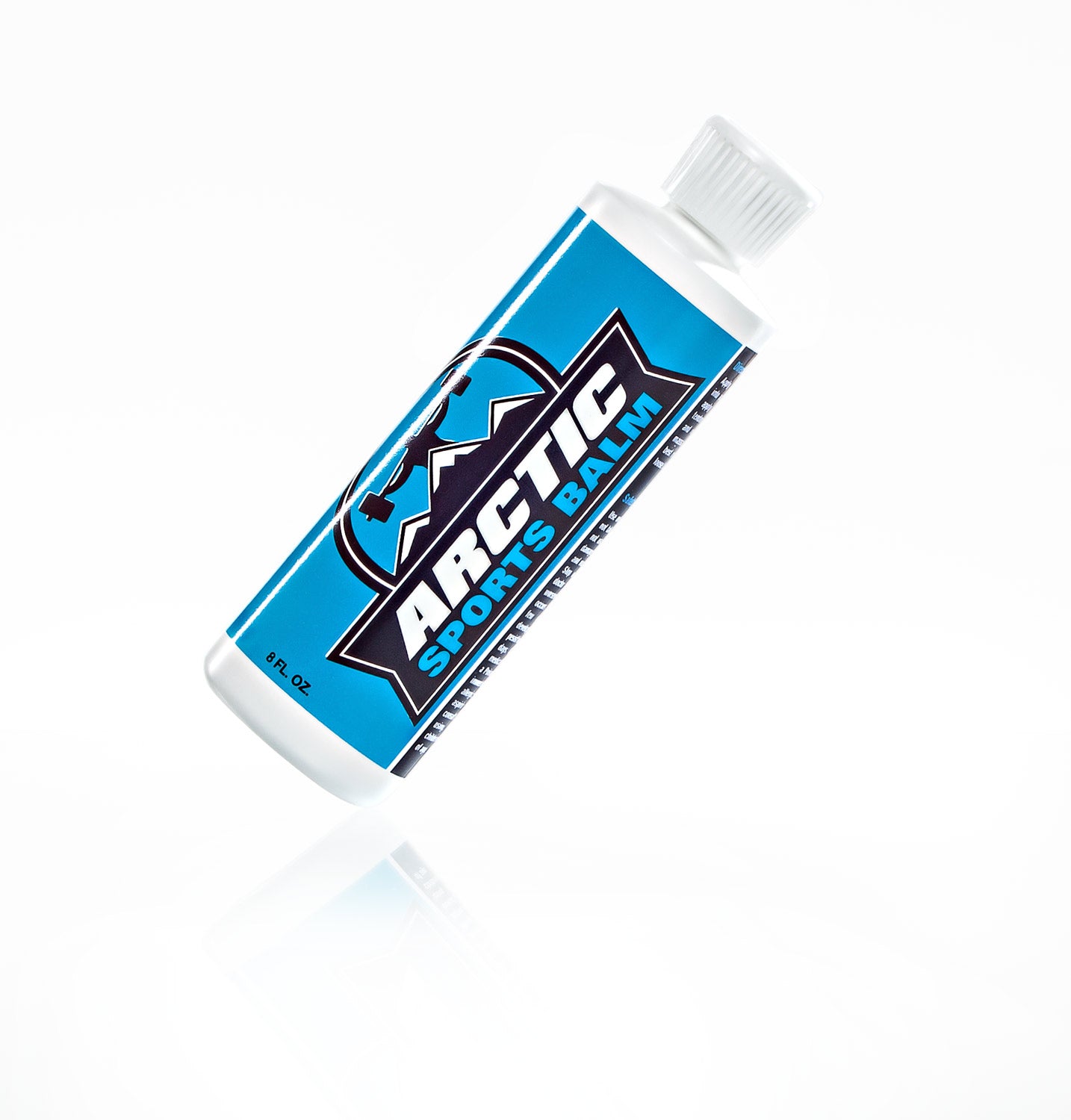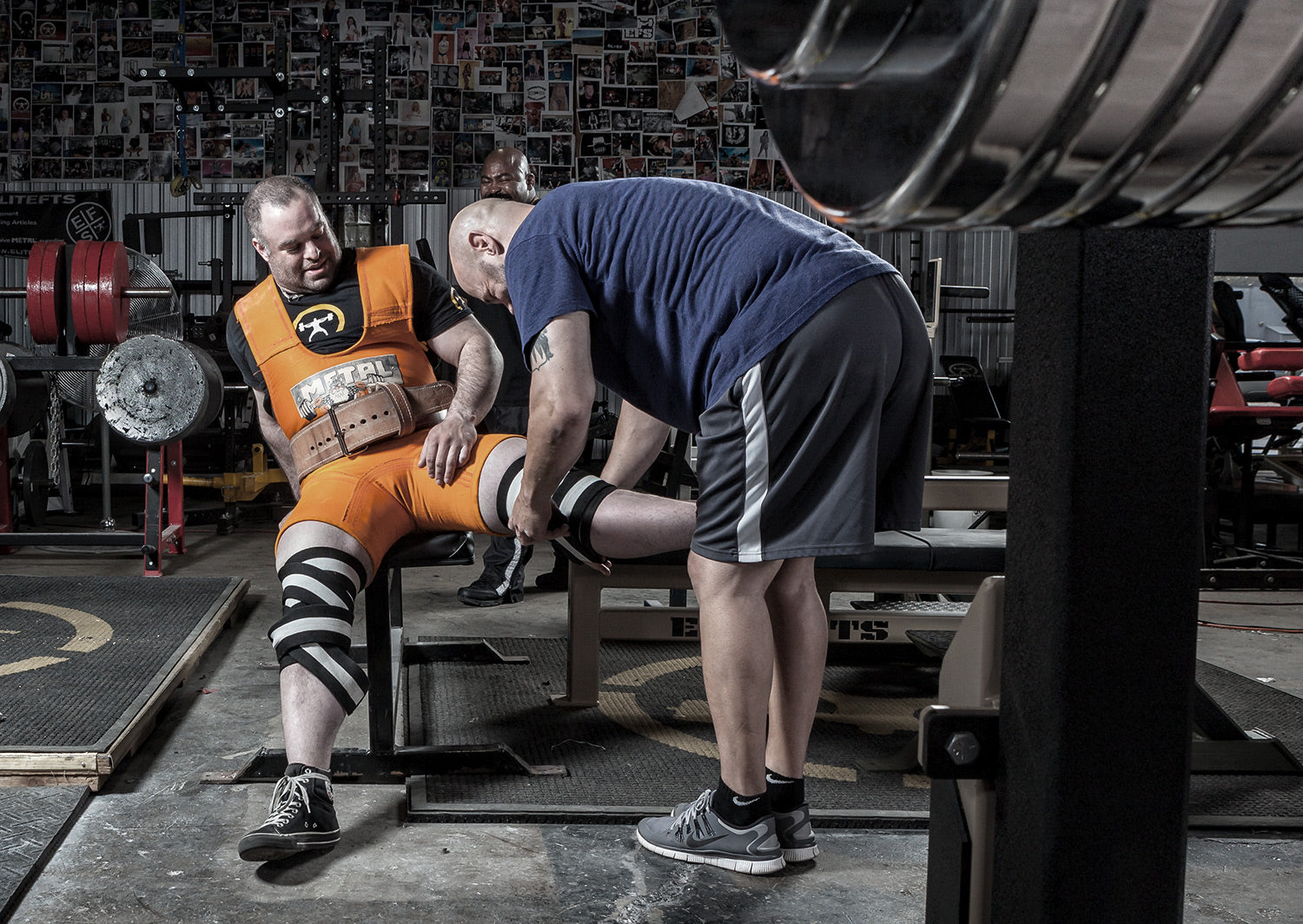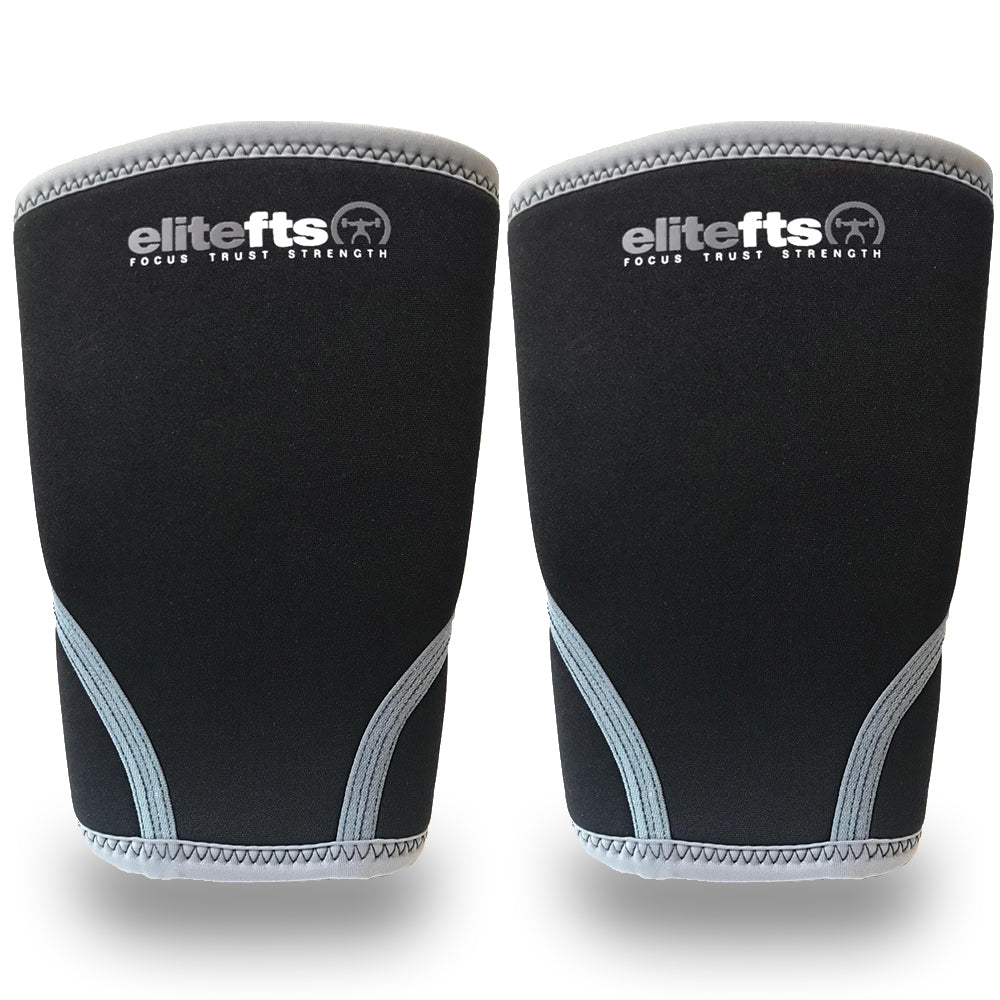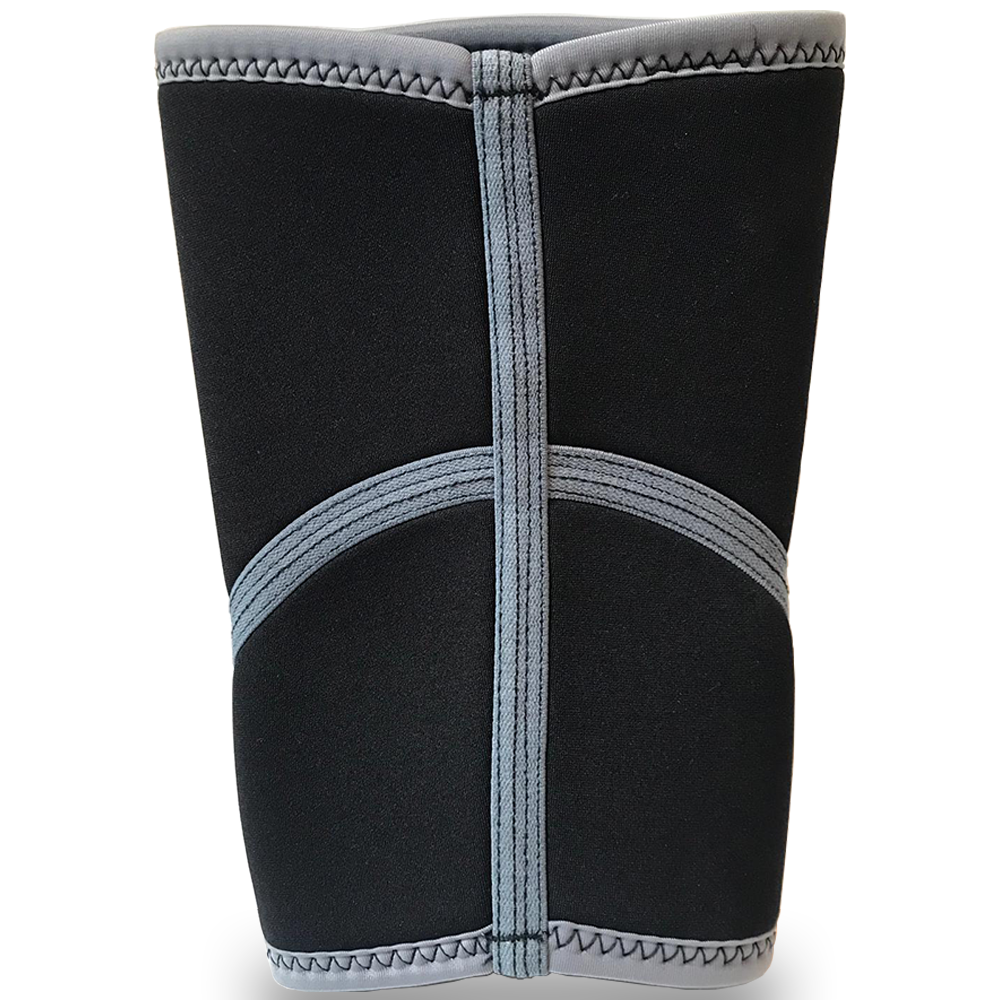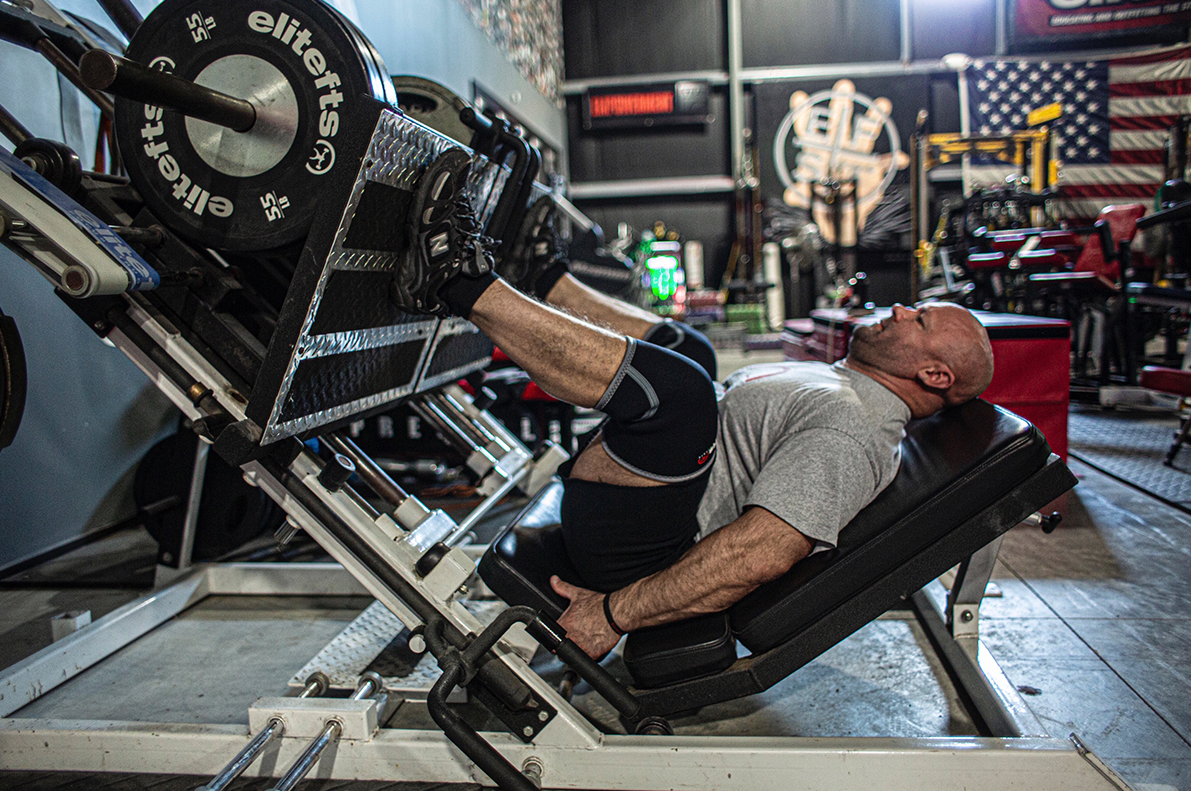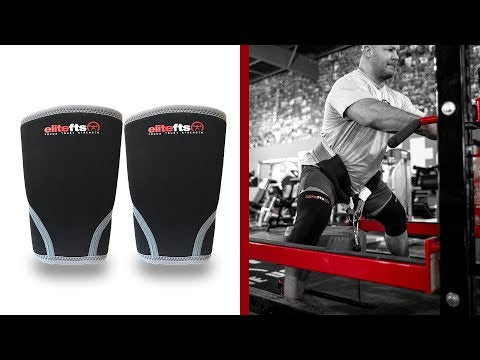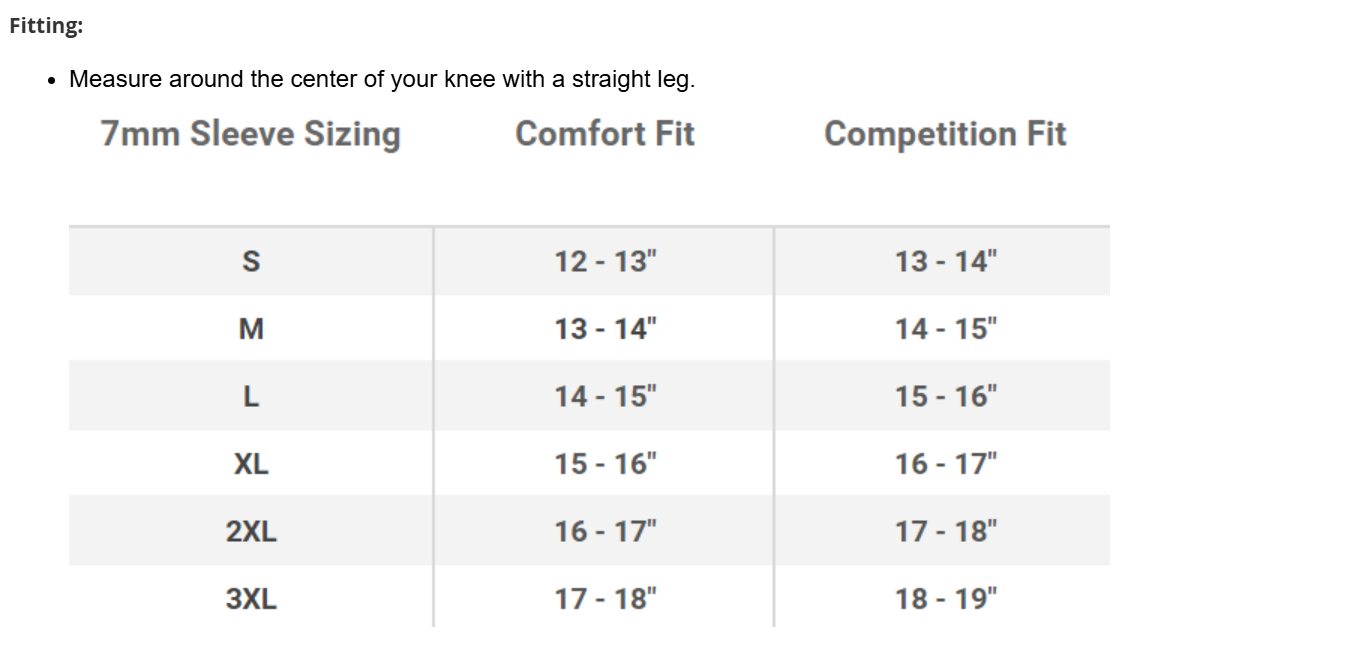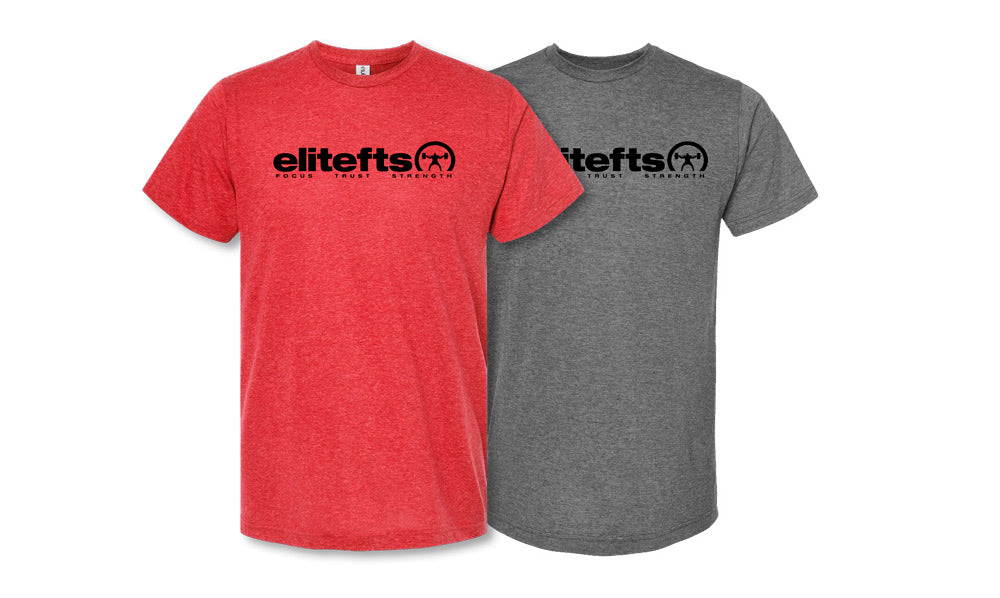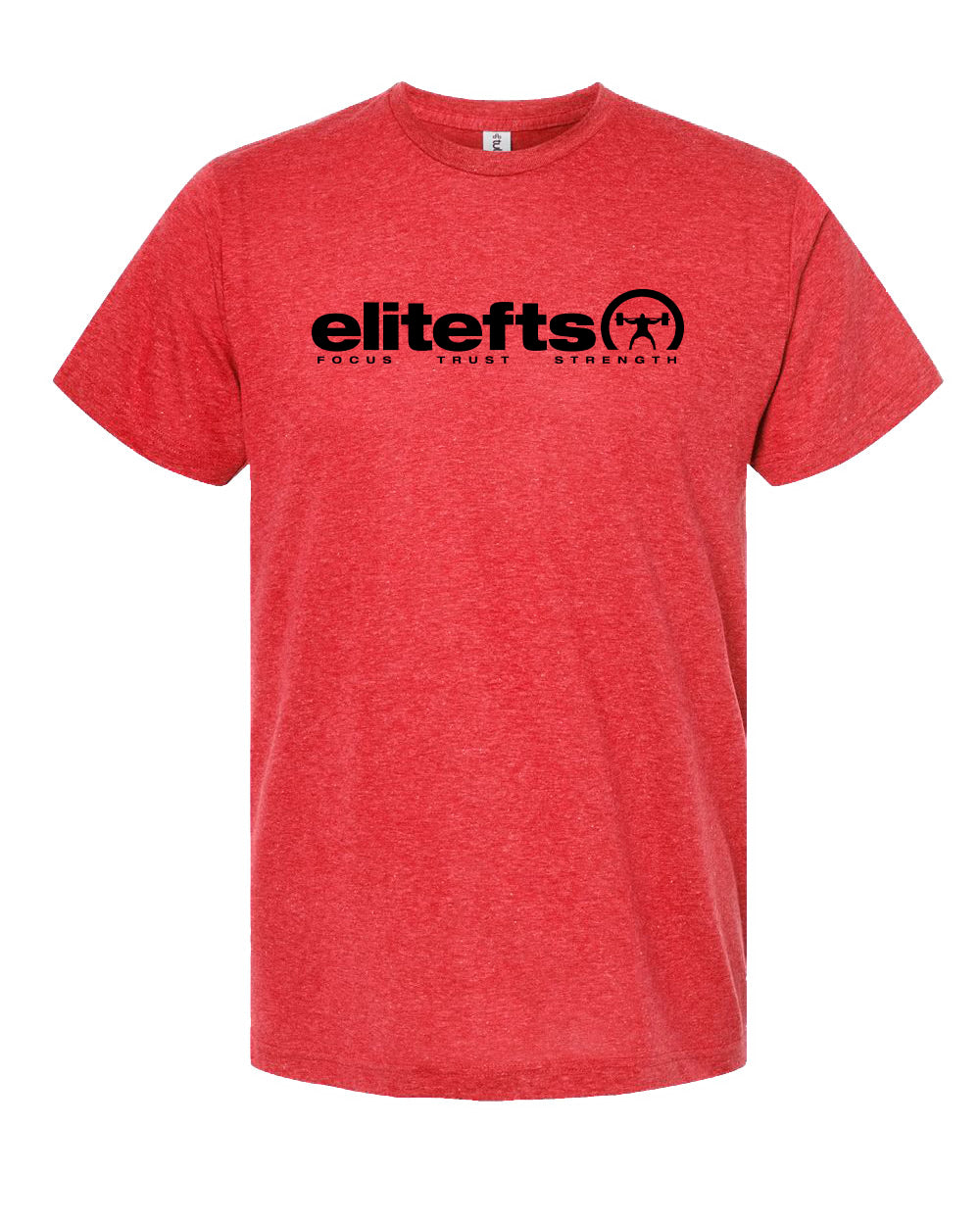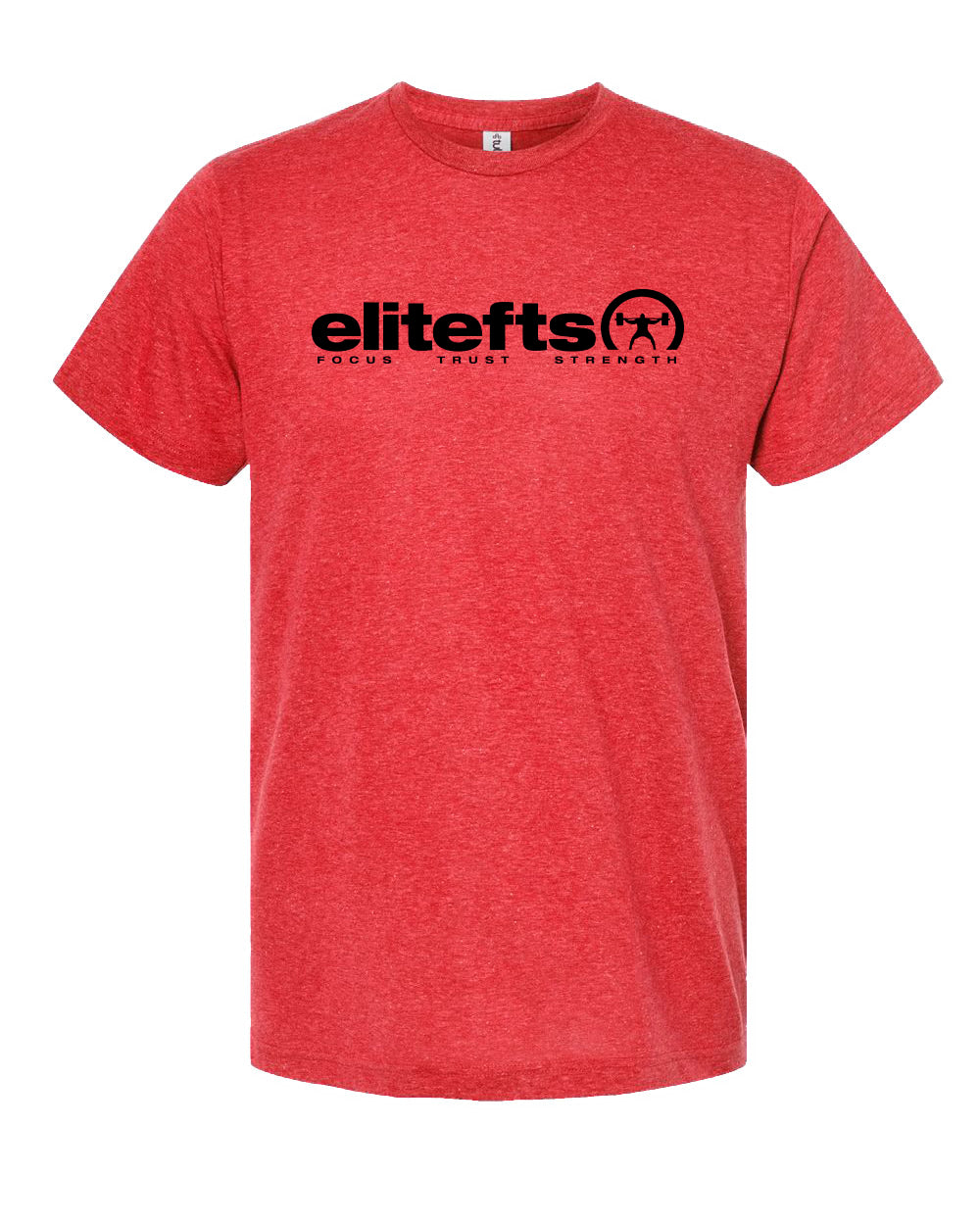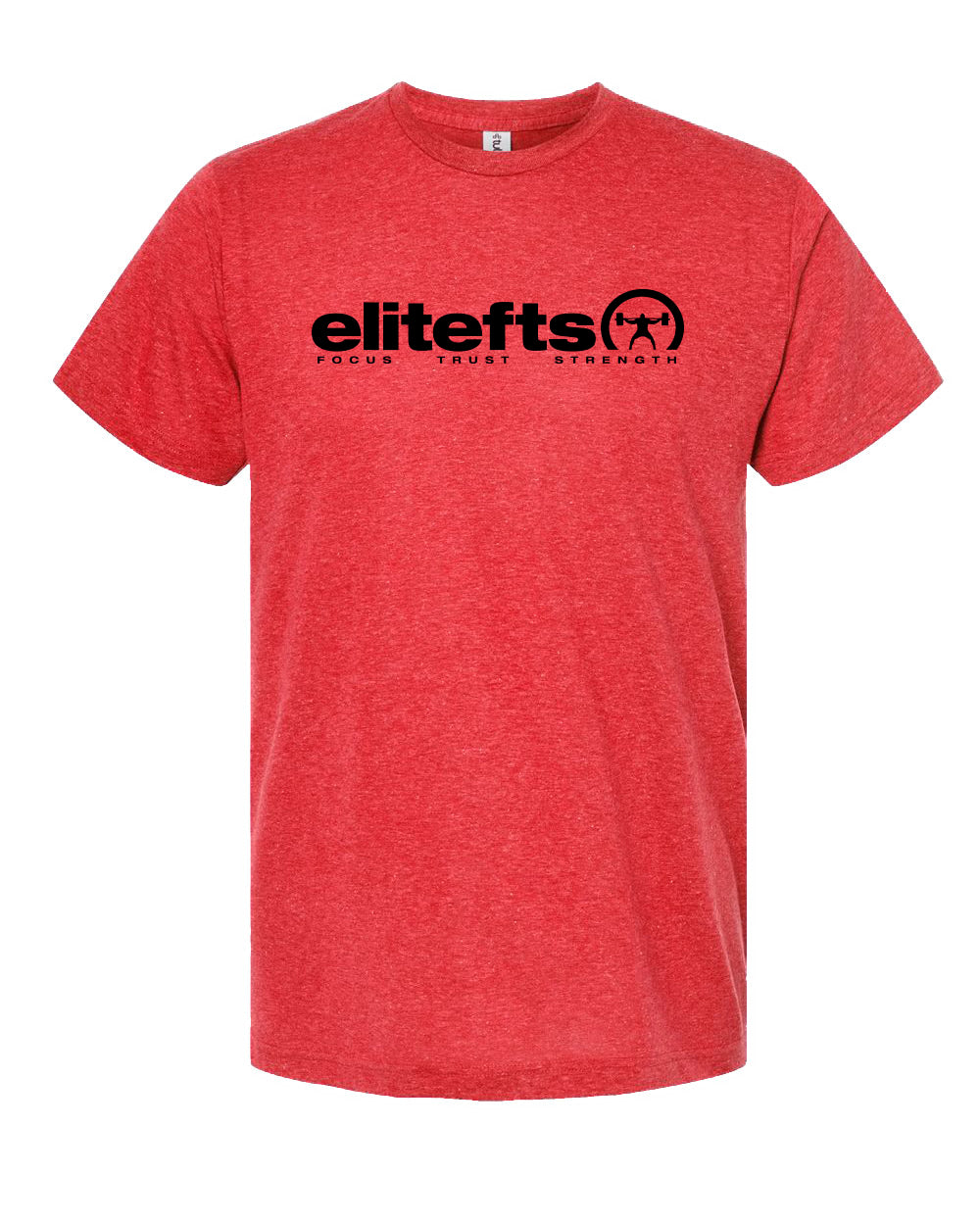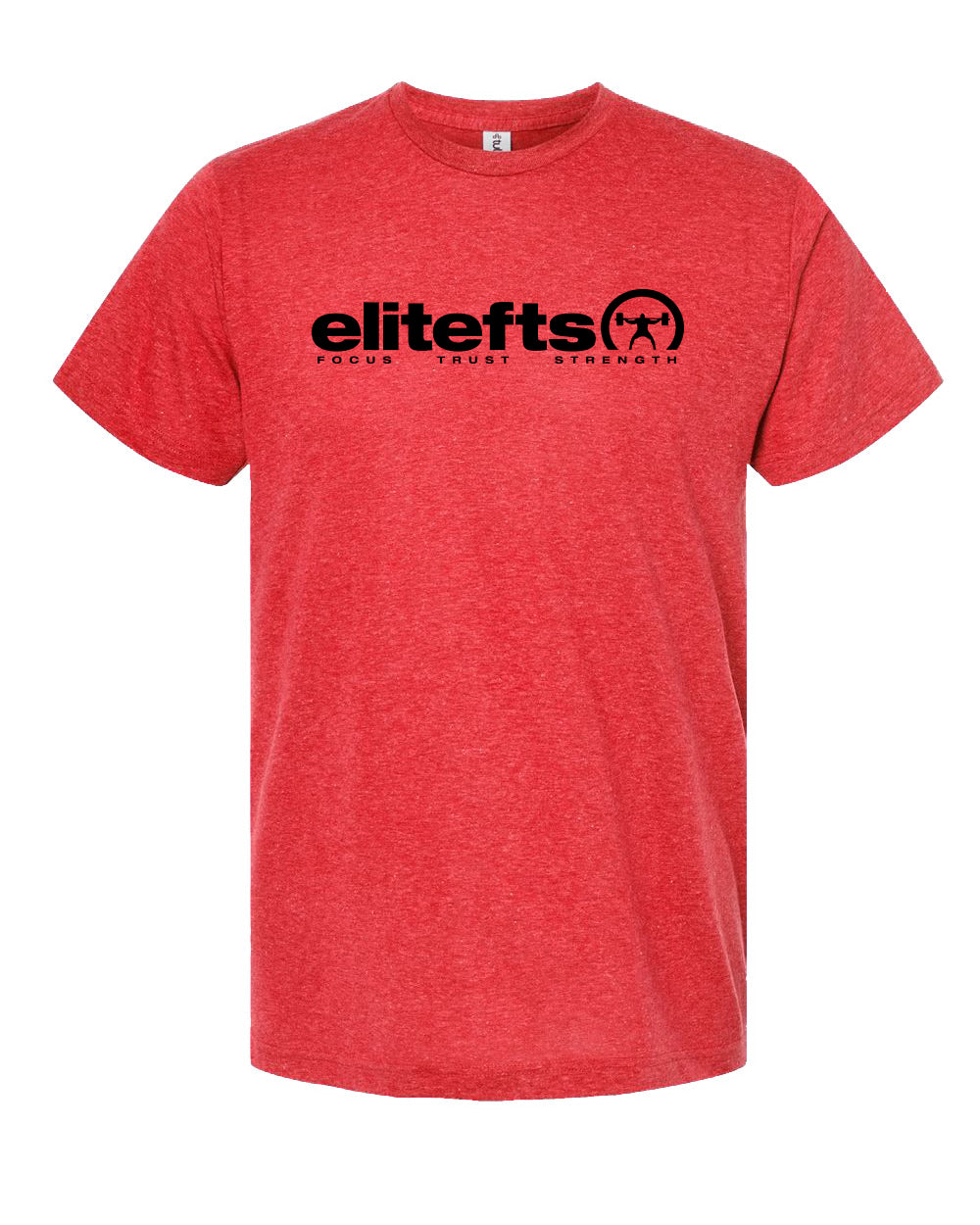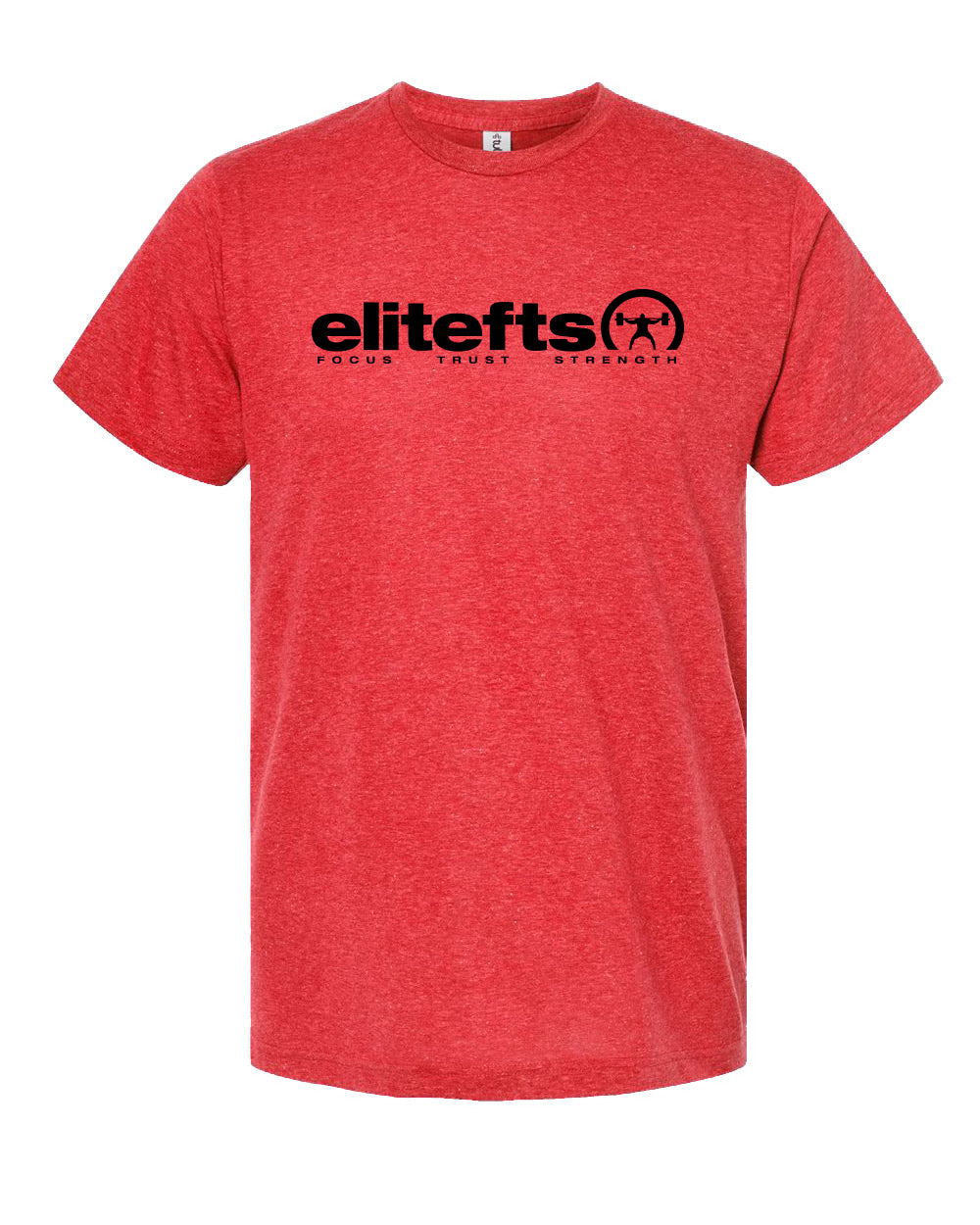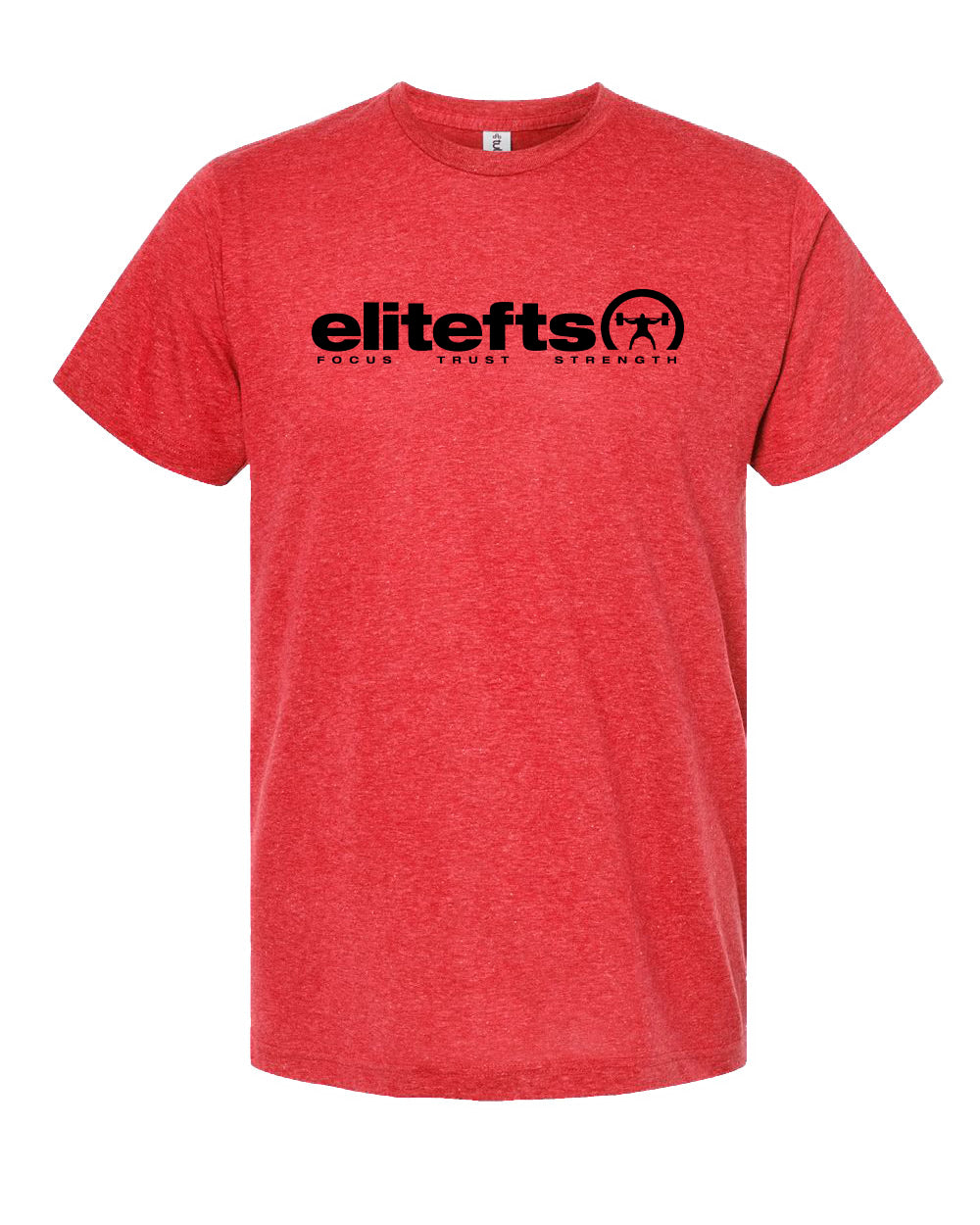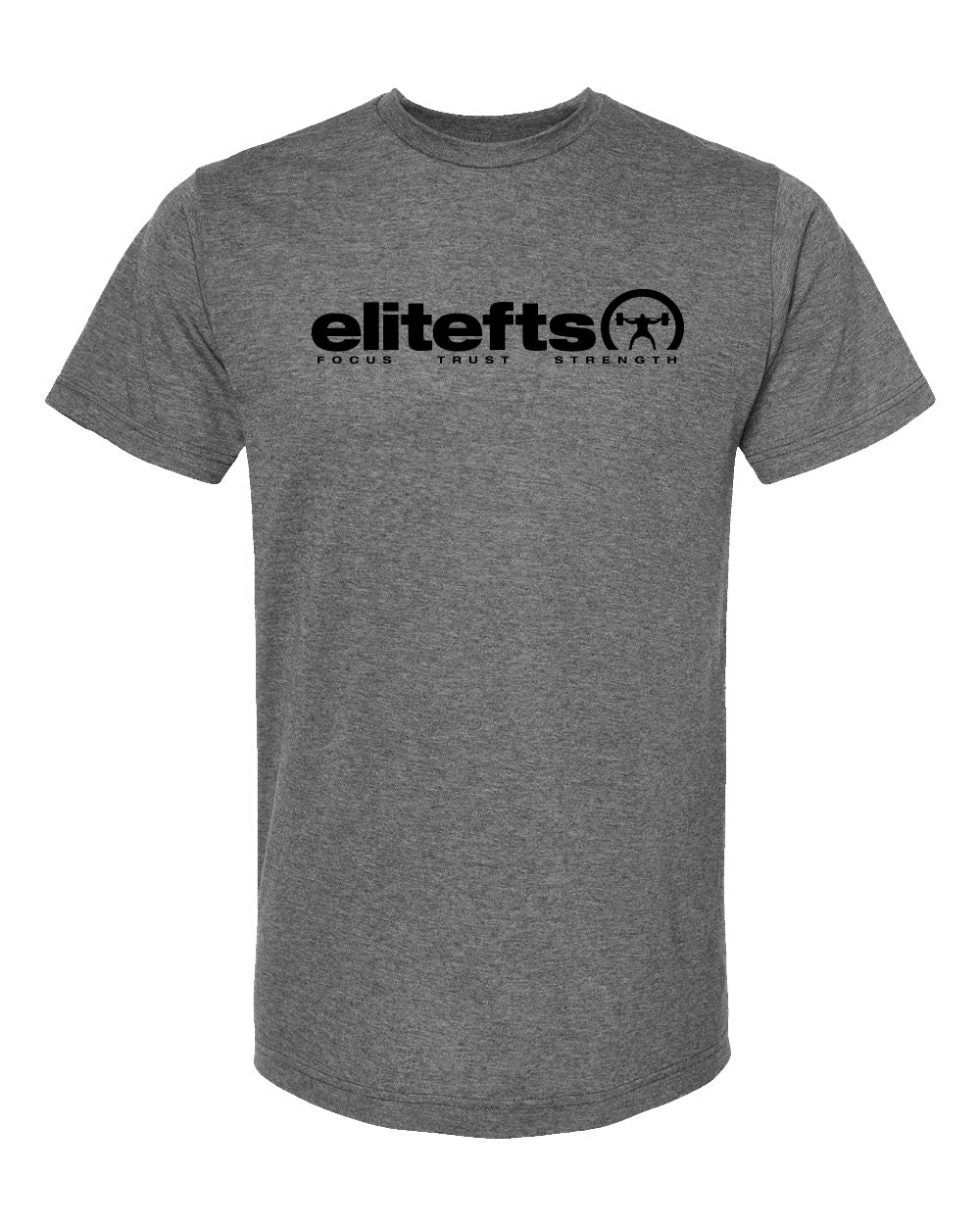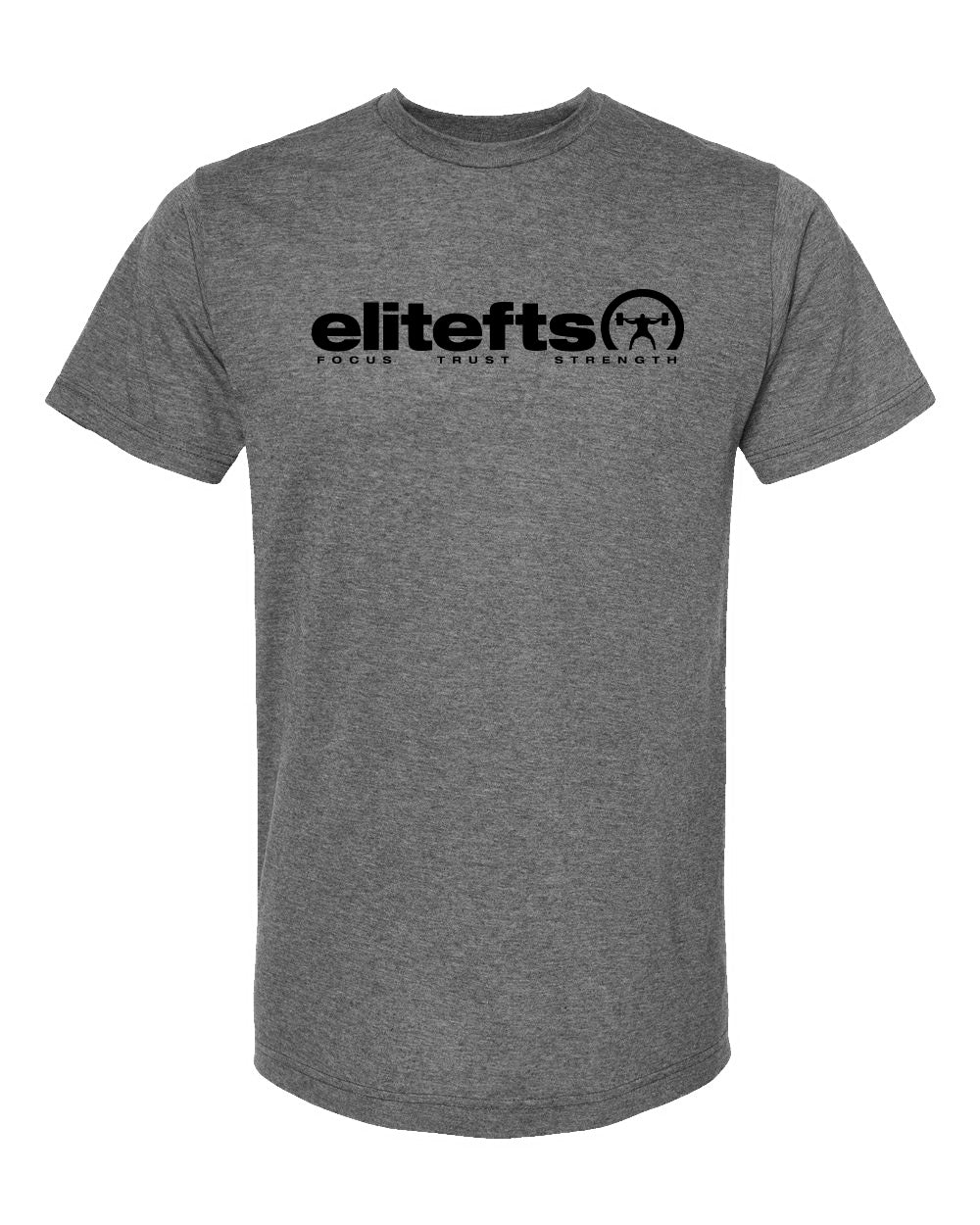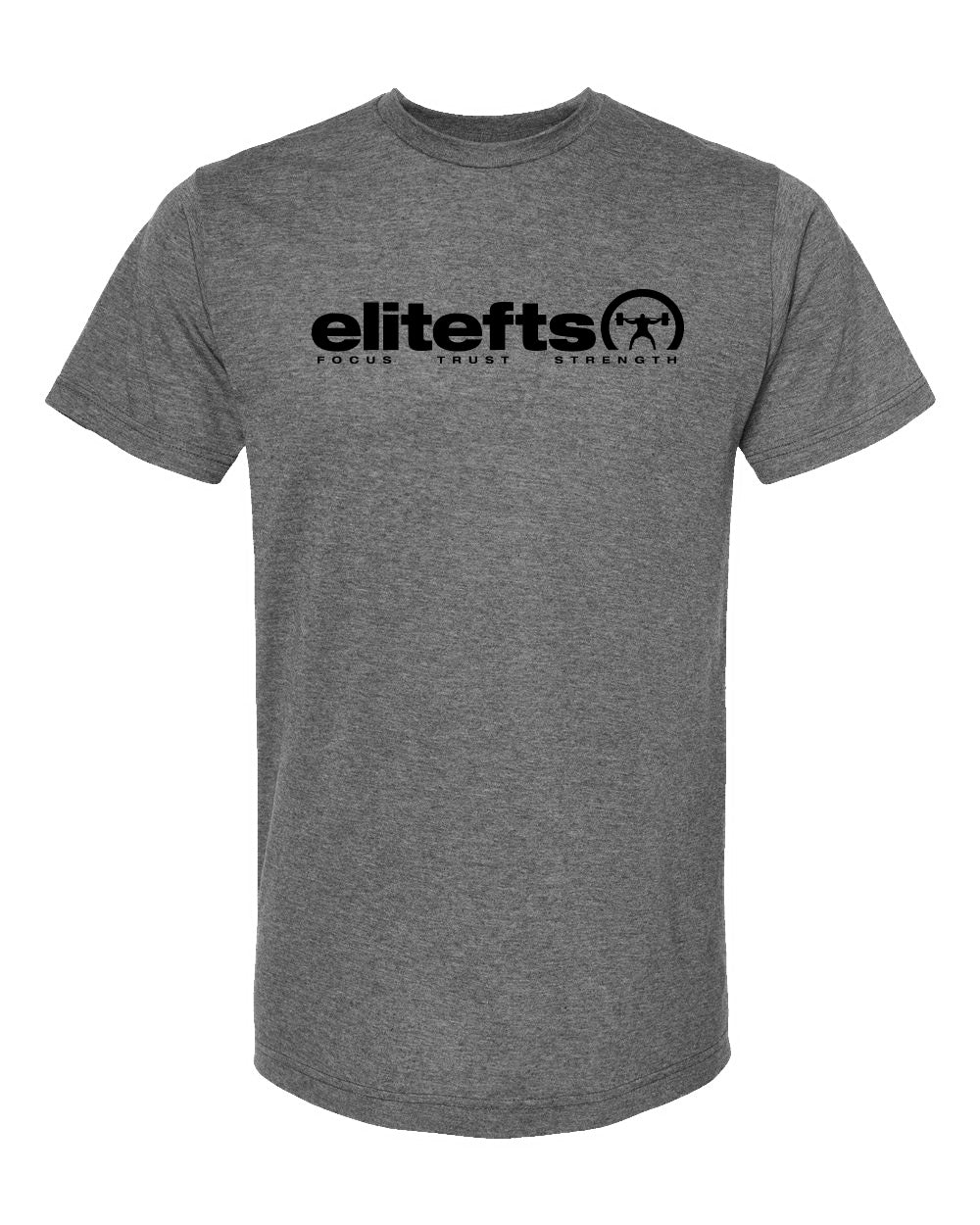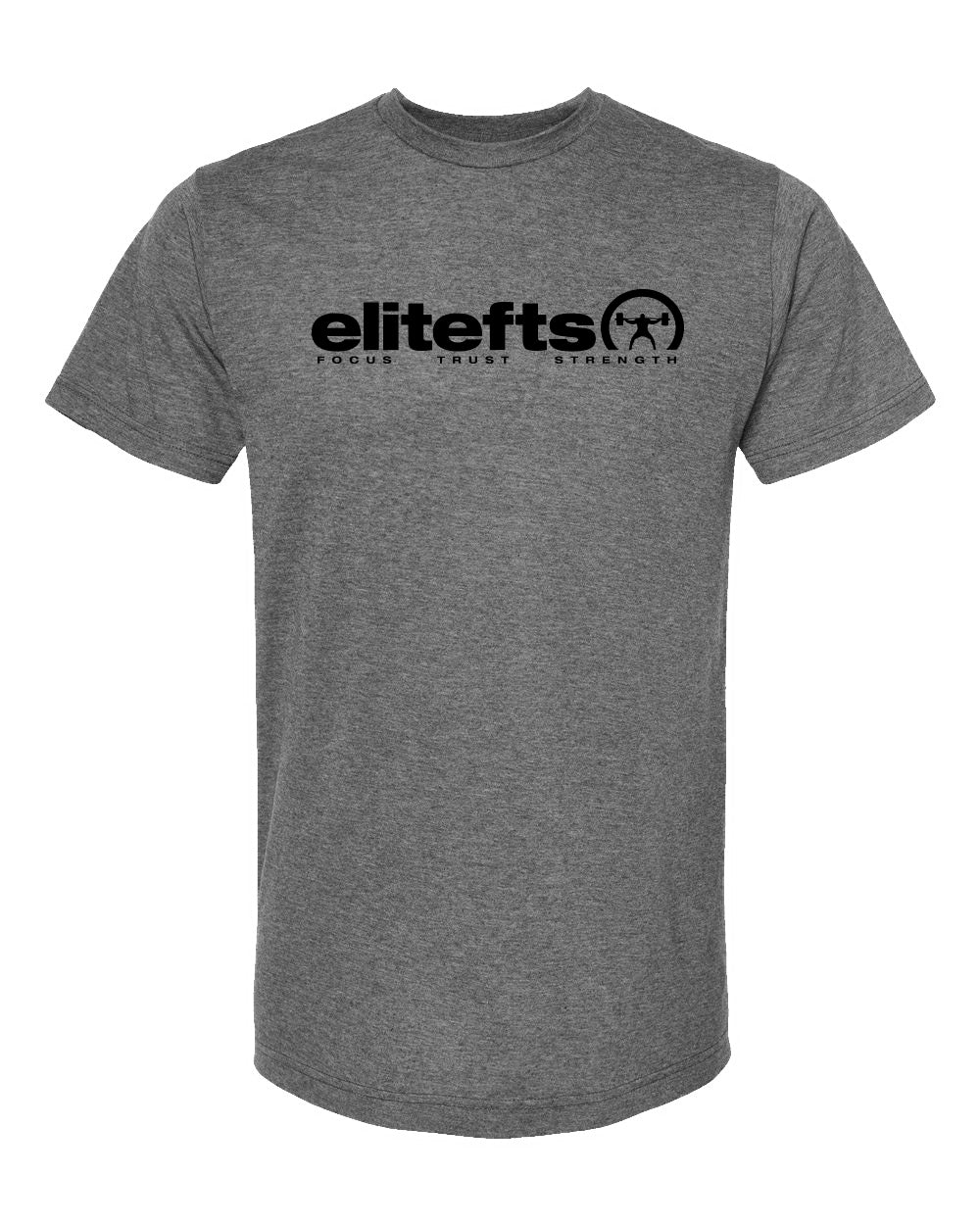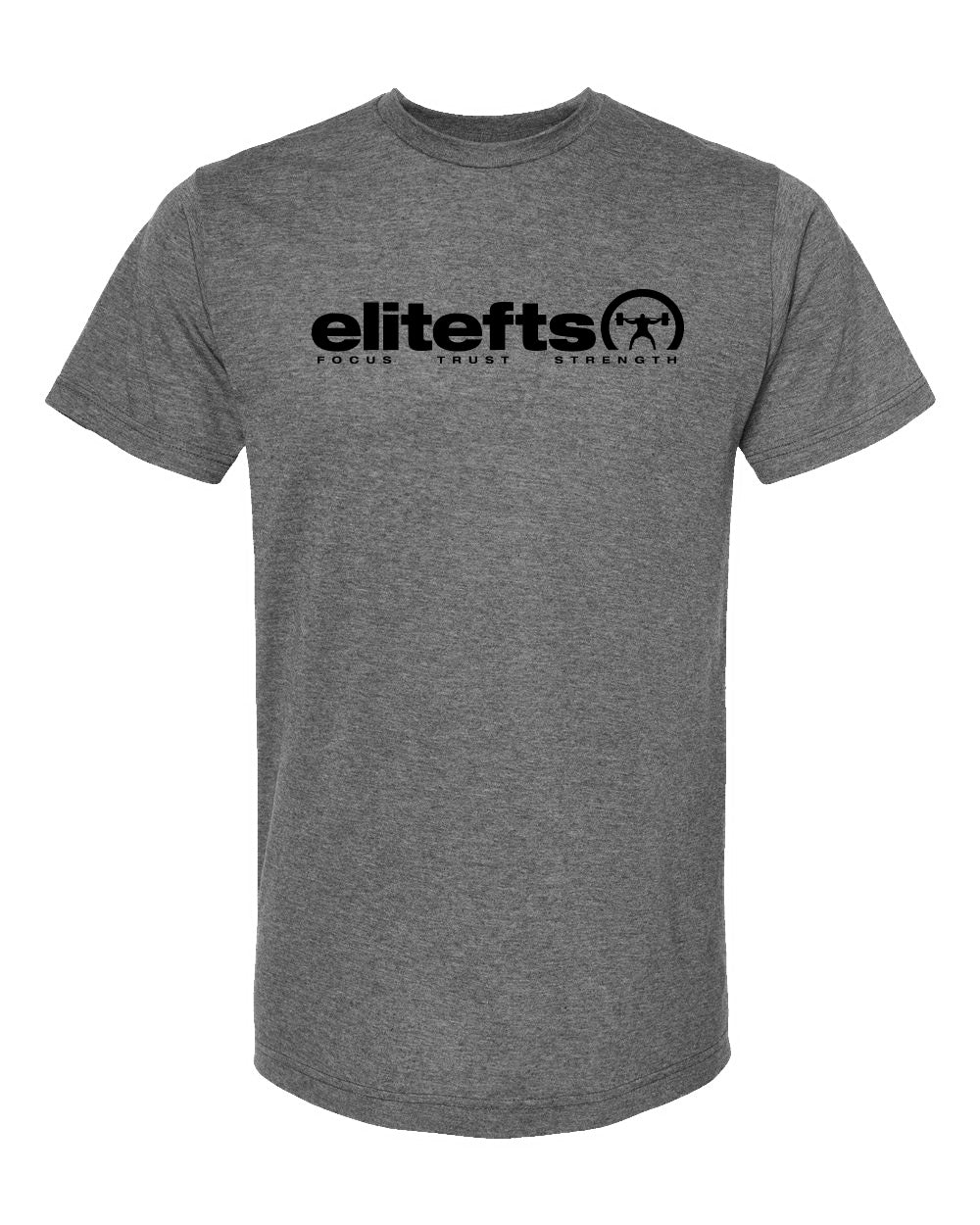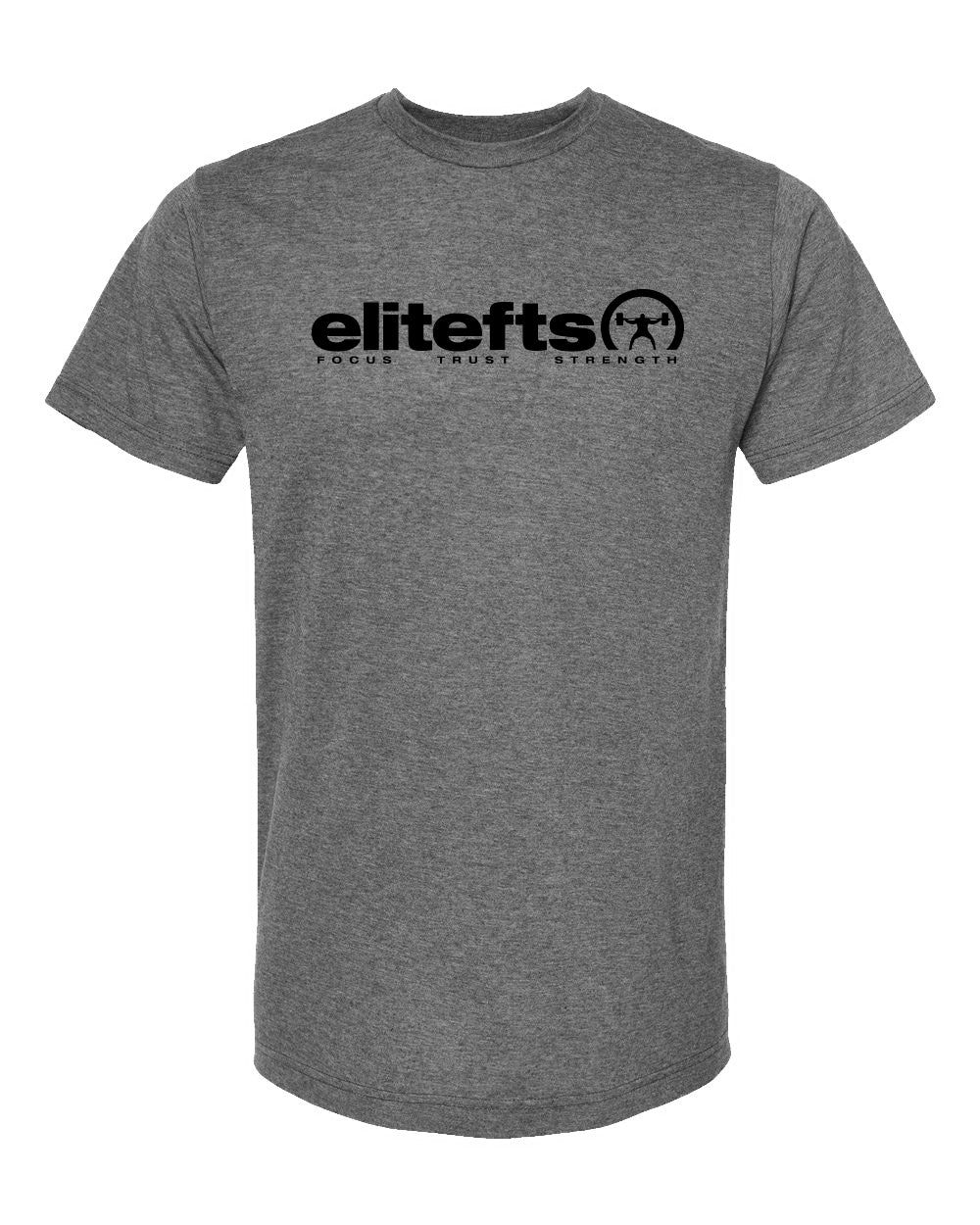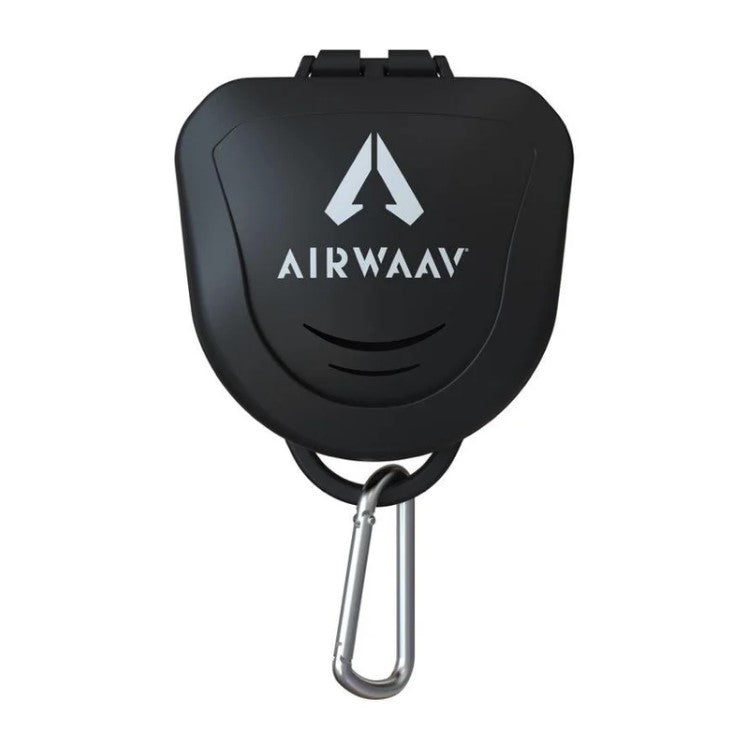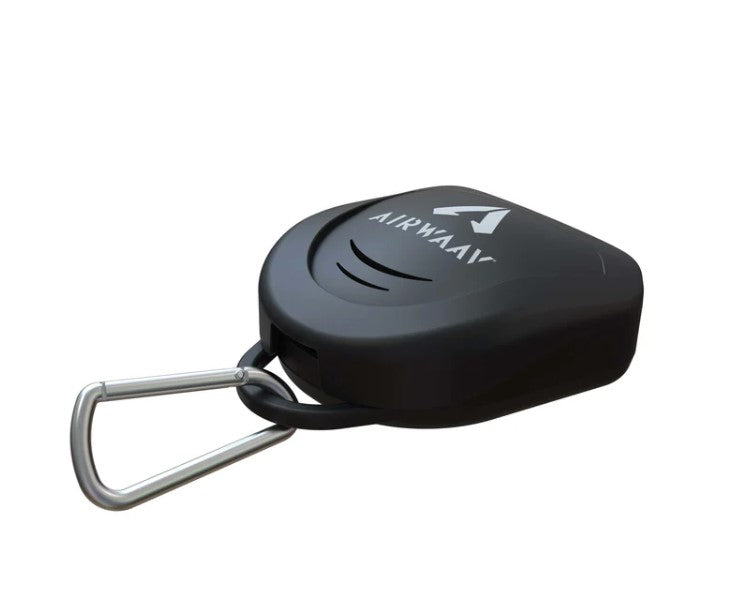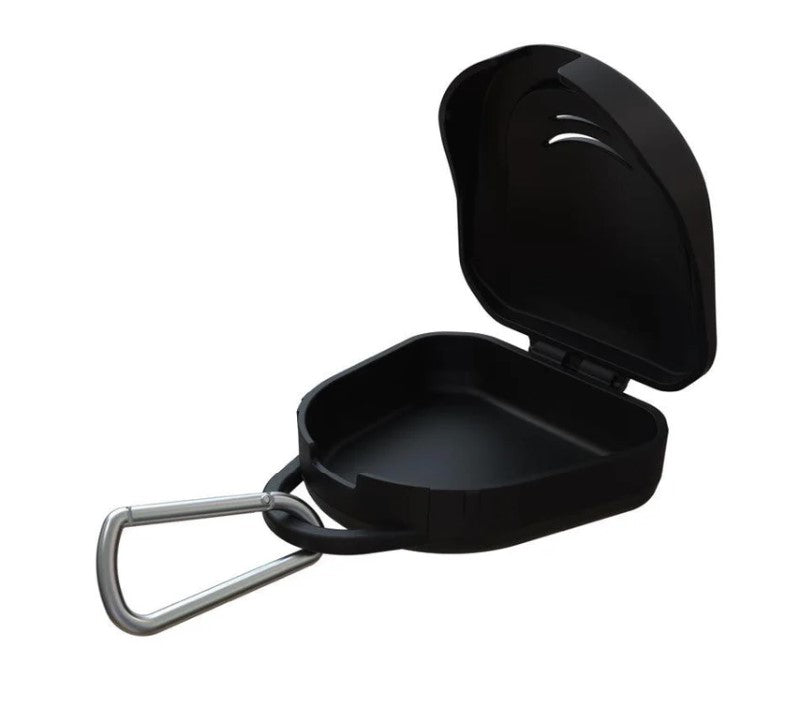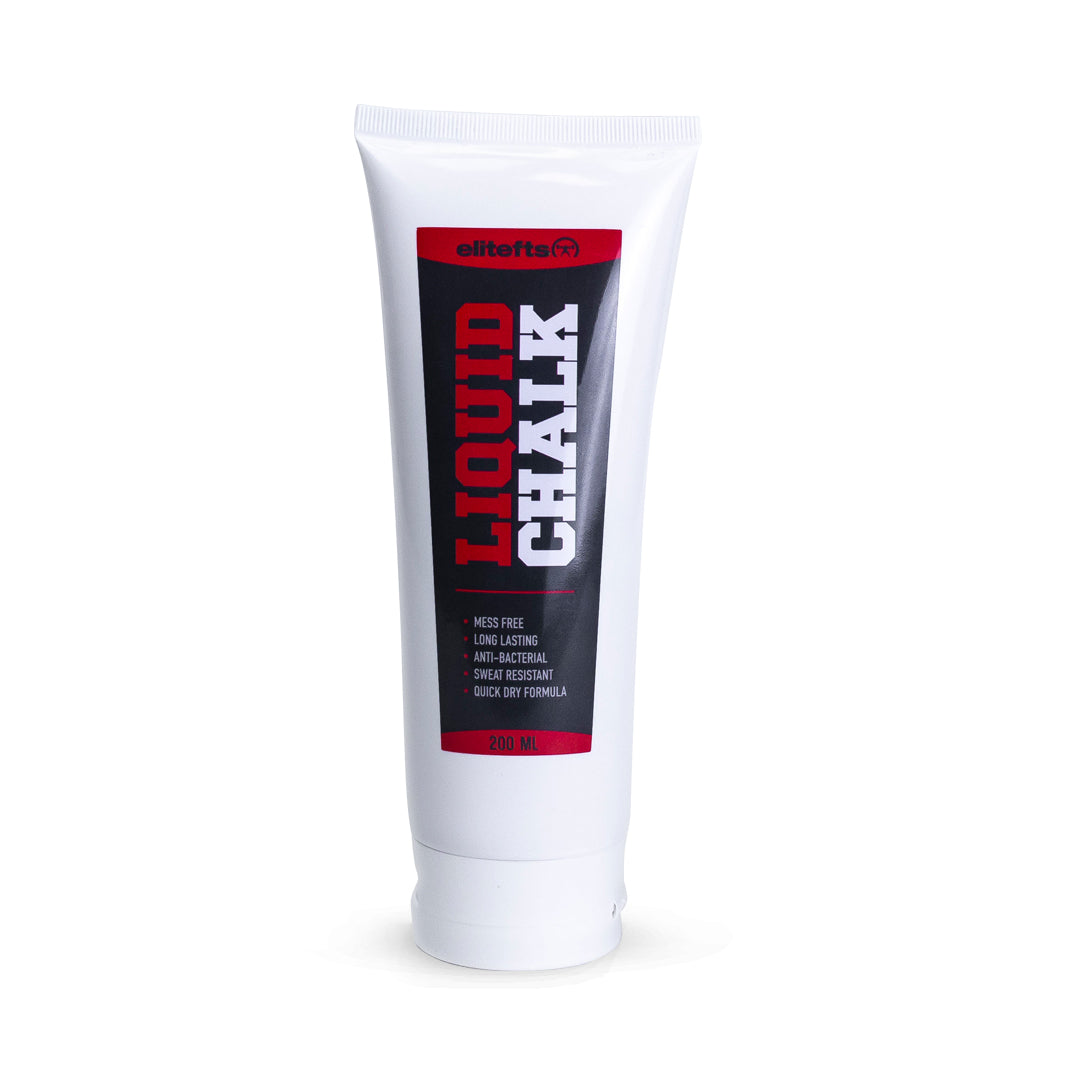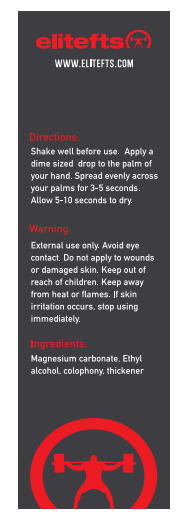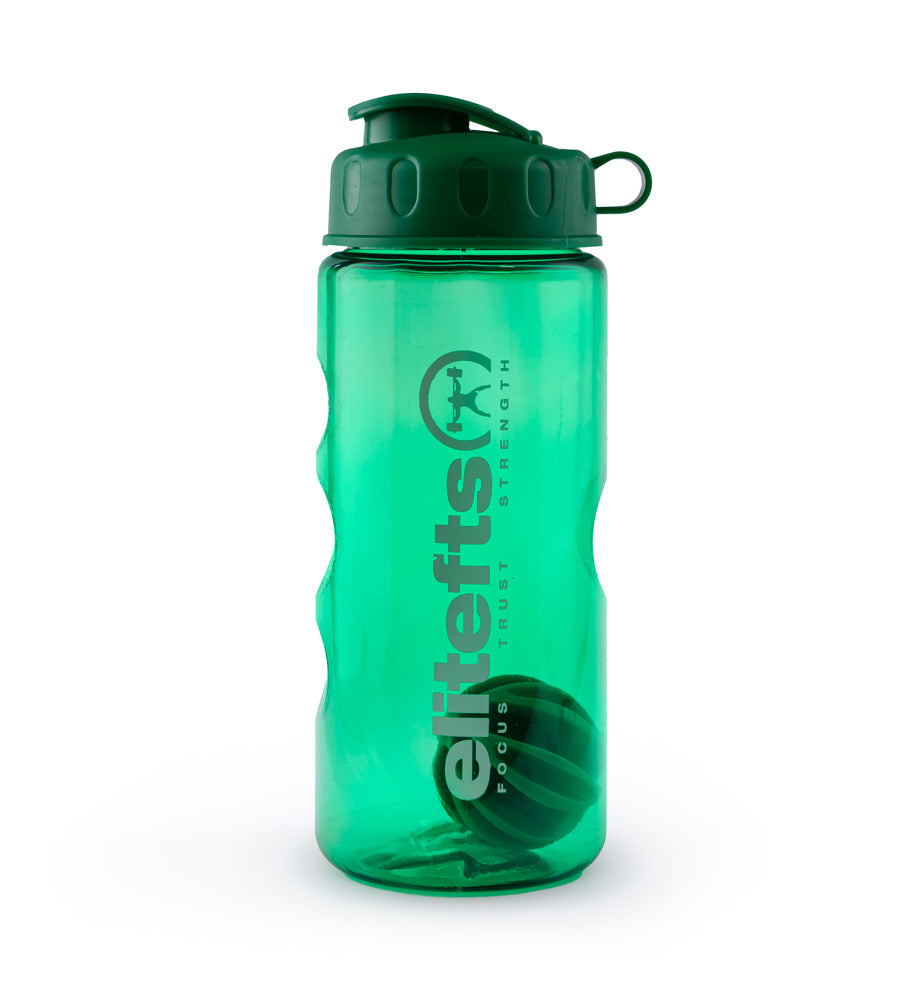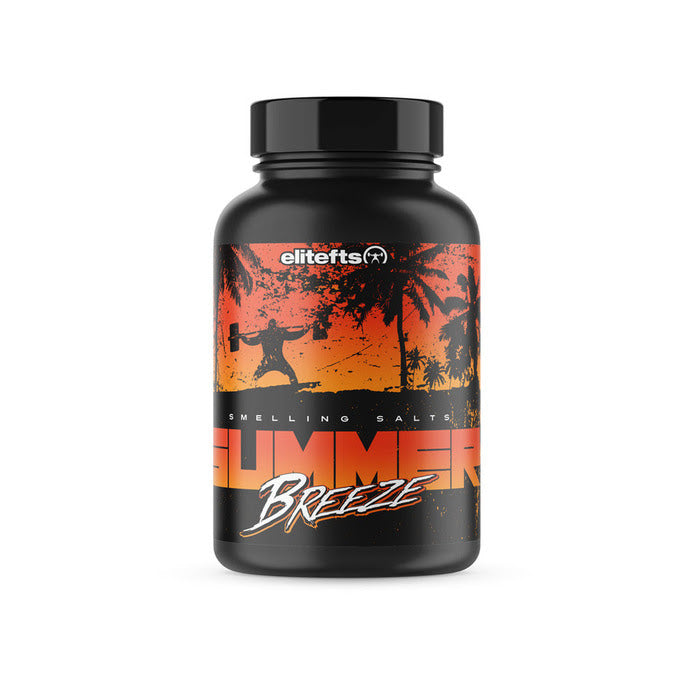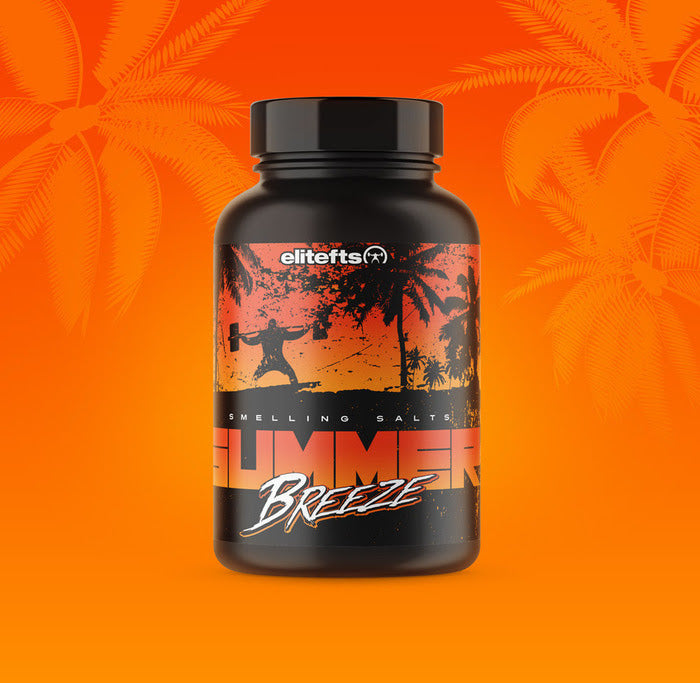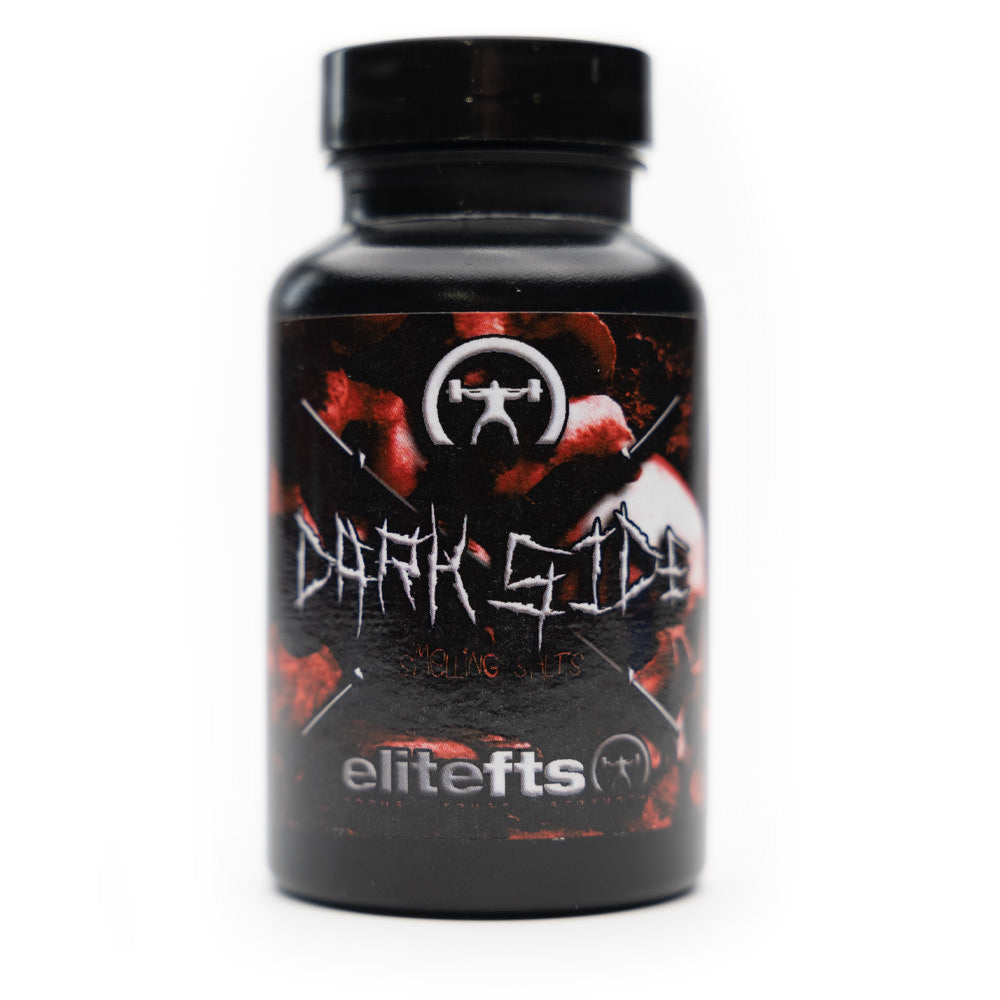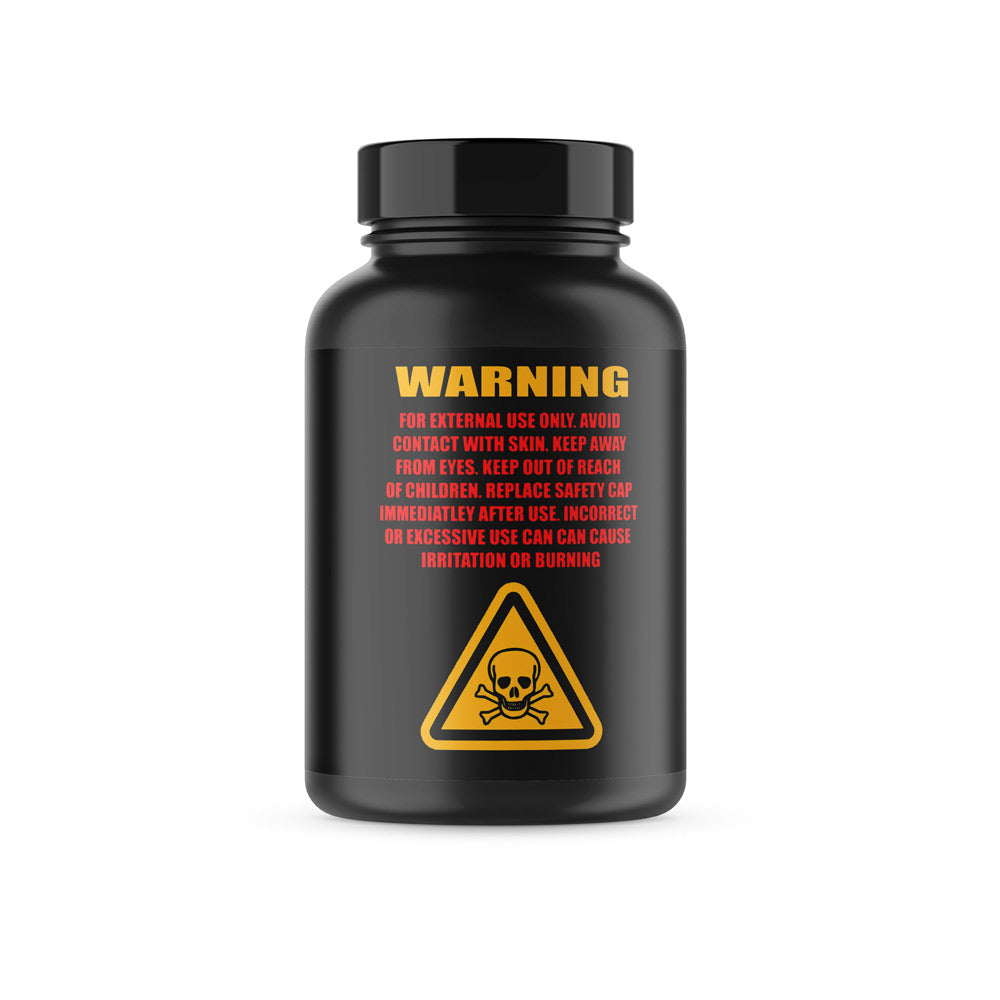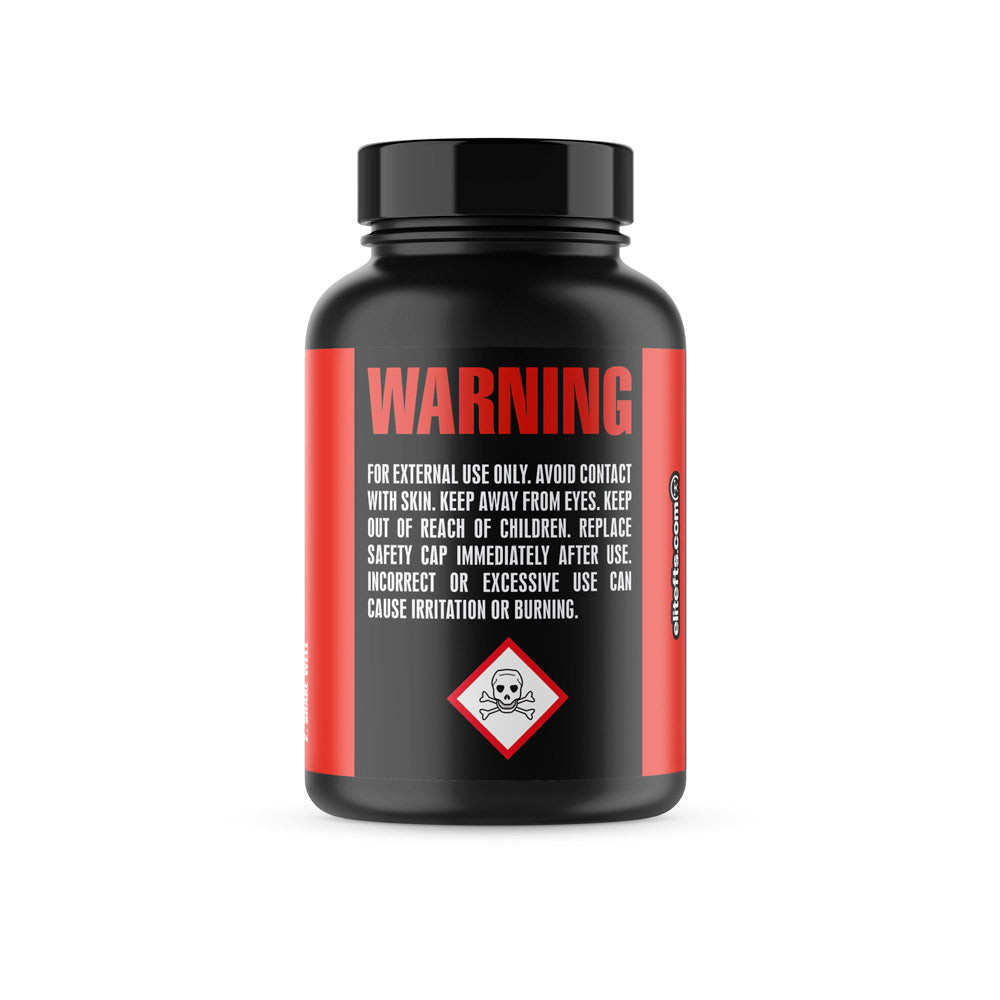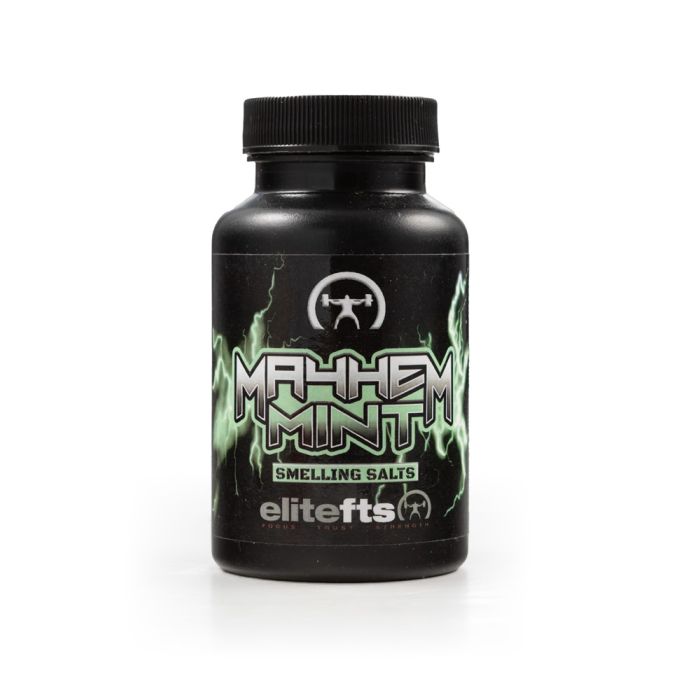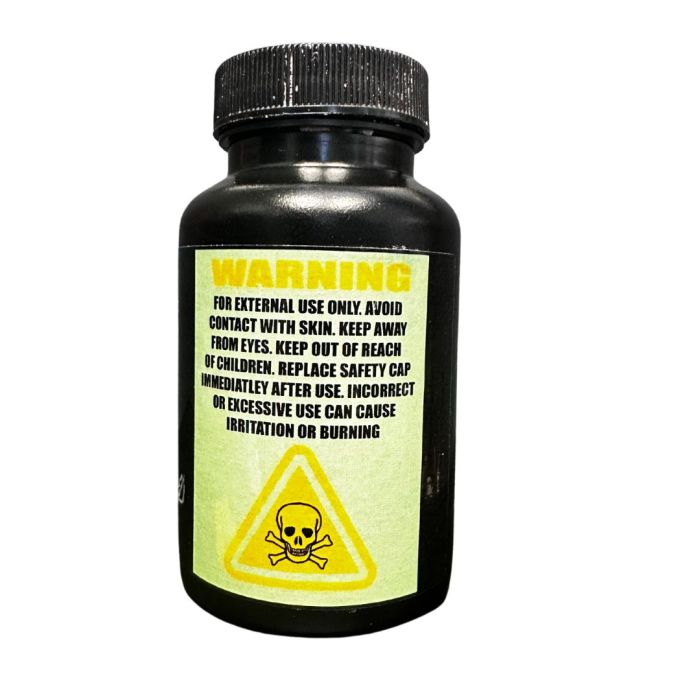In May of this year, I competed in two bodybuilding shows: The NPC New York Metropolitan Championships and the NPC New England Championships. In New York, I finished in fifth place in the masters and second place in the open super heavyweights. At the New England championship, I placed third in the masters and third in the open super heavyweight class. They were respectable standings but very disappointing results.
I’m not genetically gifted for the sport of bodybuilding. I have small joints, which is great, but I have short belly muscles, which sucks. My torso overwhelms my extremities, and even my skin is a bit of a mess. However, the one thing I’ve always been able to do is diet and workout more and better than almost everyone I know. So I can normally place well or be in the running for first place on the state and regional level. Unfortunately, that wasn’t the case this year.
The last time I had competed in bodybuilding was in 1994 when I won the masters division at the New England championships and the East Coast USA competition. I was absolutely shredded on stage and was actually in better condition than even the lightweights. However, I also managed to shrink away to nothing and dieted my legs right off. This year I was determined not to let that happen. I was hell bent on competing at over 235 lbs. The problem with that was that I wasn’t in nearly good enough condition to be a threat to win at that weight. Instead of analyzing what I looked like, I was more concerned with what the scale said. This cost me greatly by show time.
Another thing that went wrong was that I started to listen to too many people, read too many websites, talk to too many gurus, and take too much advice. I was eating about 50–150 grams a day of carbohydrates, but my protein level was close to 500–600 grams a day. Normally, I can get away with this type of eating because my cardio is off the charts. I often would do close to two hours a day of cardio at a very intense pace. Unfortunately, this time around, I saw a post by Dave Palaumbo, my favorite bodybuilder, who said, “cardio needs to be done at low intensity.” I took this to heart and started dropping my intensity levels drastically. The problem was I wasn’t following Dave’s diet or his pre-contest protocol. The end result was a bloated, out of shape bodybuilder.
The other problem this year was the lack of a truly unbiased voice telling me exactly what I looked like the whole way through. I did the entire process on my own, and this turned out to be a disastrous mistake. The mirror plays tricks on you while dieting, and you really either need pictures taken at various intervals or someone who knows what they’re looking at to correct you. I had neither.
So, the bottom line is that I screwed up. I never cheated on the diet as far as eating crappy food, but I ate too much the whole way through. I justified this by saying to myself, “I need to come in heavier this year.” However, it was just an excuse so I wouldn’t have to suffer the pains of being hungry. I listened to too many experts. I just never put everything together like I should have. Now, what does that have to do with powerlifters, and what can you learn from my mistakes? Plenty.
First of all, stick with your plan. If you’re following the
Westside barbell template, stick with it the whole way through the meet. Don’t change halfway through, and don’t try a progressive overload experiment six weeks out from the meet. Stick with the plan until meet day. Westside provides a million different movements you can do to get strong. There is no need to vary their outline. The same thing applies to a progressive overload plan. If that’s your plan, stay with it. If it doesn’t work, scrap it the next meet cycle. Don’t let a bunch of experts divert you from your plan, especially halfway through your meet preparation. There is always another meet around the corner where you can hang things up.
Second, get good training partners who know what they’re looking at. You need to be coached up, especially in the squat. Trying to do it on your own is far too difficult. You need guys who can remind you to “keep your head up” or “spread your knees” or “push out on your belt.” There is too much to remember on your own. You need guys who can constantly remind you what to do through every part of the lift. You need to put your pride on hold and allow both negative criticism as well as positive reinforcement. Good training partners should provide both.
Lastly, be realistic with your goals. Don’t get so hell bent on certain numbers. Instead of saying, “I need to be at least 235 lbs,” I should have been saying, “I need to get shredded.” I know of guys who say meet after meet after meet, “I’m going to squat 900 lbs this time.” That’s great, but their max is only 830 lbs. What’s wrong with an 850 lb lift? Powerlifting isn’t a sprint. It’s a marathon. Take one step at a time. A successful PR in a meet, even if it’s only a five pound PR, is better than a huge missed PR attempt. I’m not saying don’t try big PRs. I’m saying be realistic. Any PR is a step toward your goal. You don’t need to eat the whole cake at once. You can have a piece at a time.
So, learn from the mistakes of others. Don’t listen to every single piece of information you come across. Stick with the tried and true things that made you strong in the first place. You can experiment of course, but don’t get so far off course that you forget what got you where you are. Get and accept input from people you trust and who have your best interests at heart. Stick with your plan and stay confident that what you’re doing is working. Don’t switch gears because of a bad workout or two. Stay the course and adjust it the next cycle. Train like an animal because that’s one sure fire way to overcome any mistakes in your training template. Remember what the legendary Barbarian brothers said: “You can get everything wrong in terms of eating, recovery, and rest, but if you train like a fucking animal, you will make gains.”






